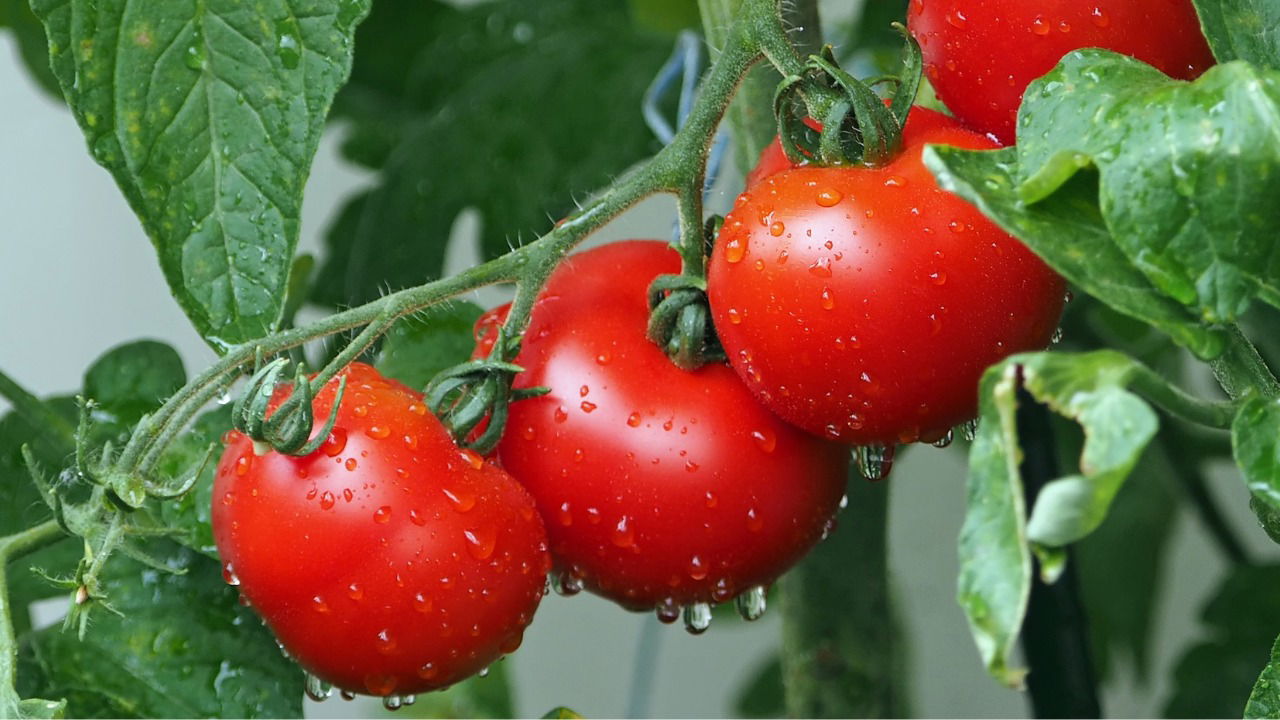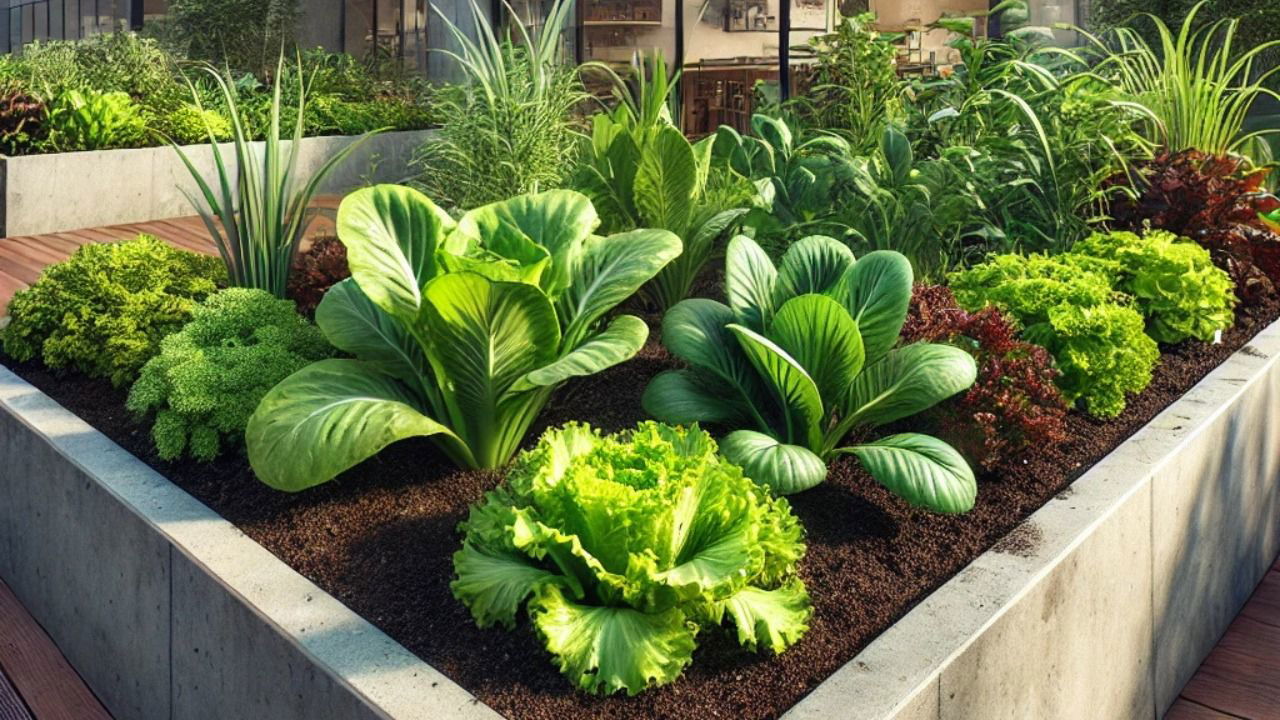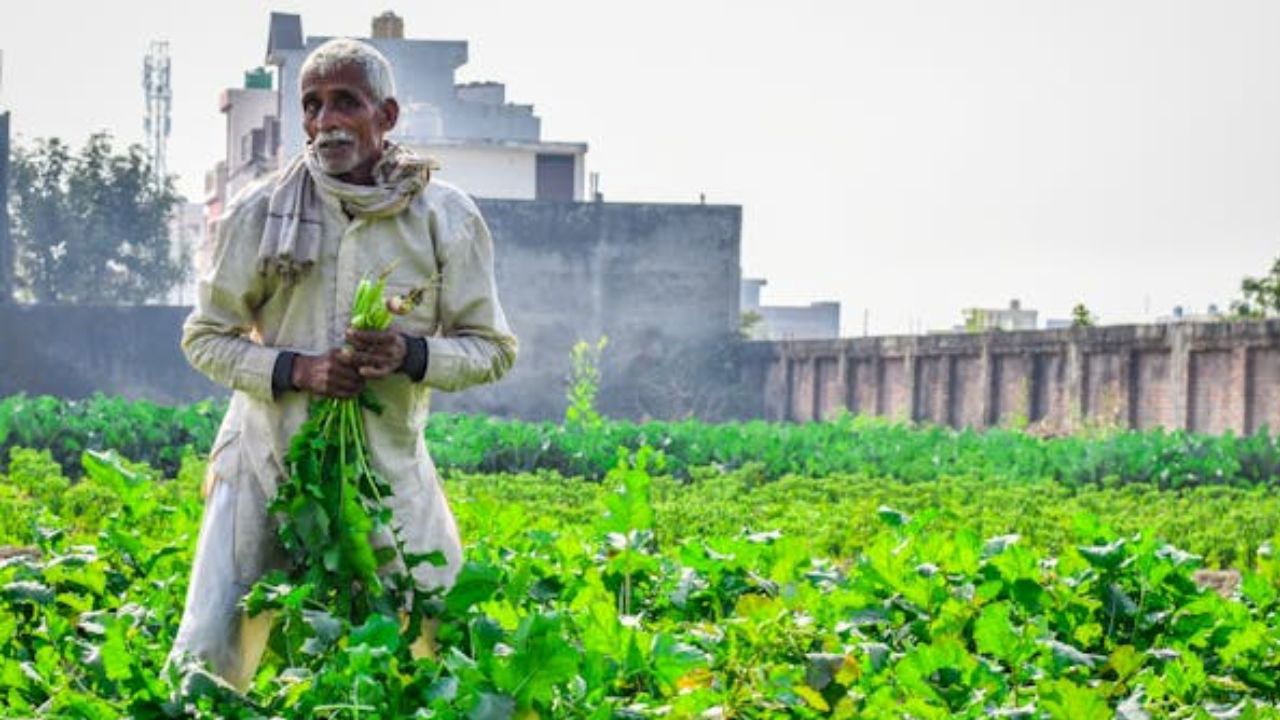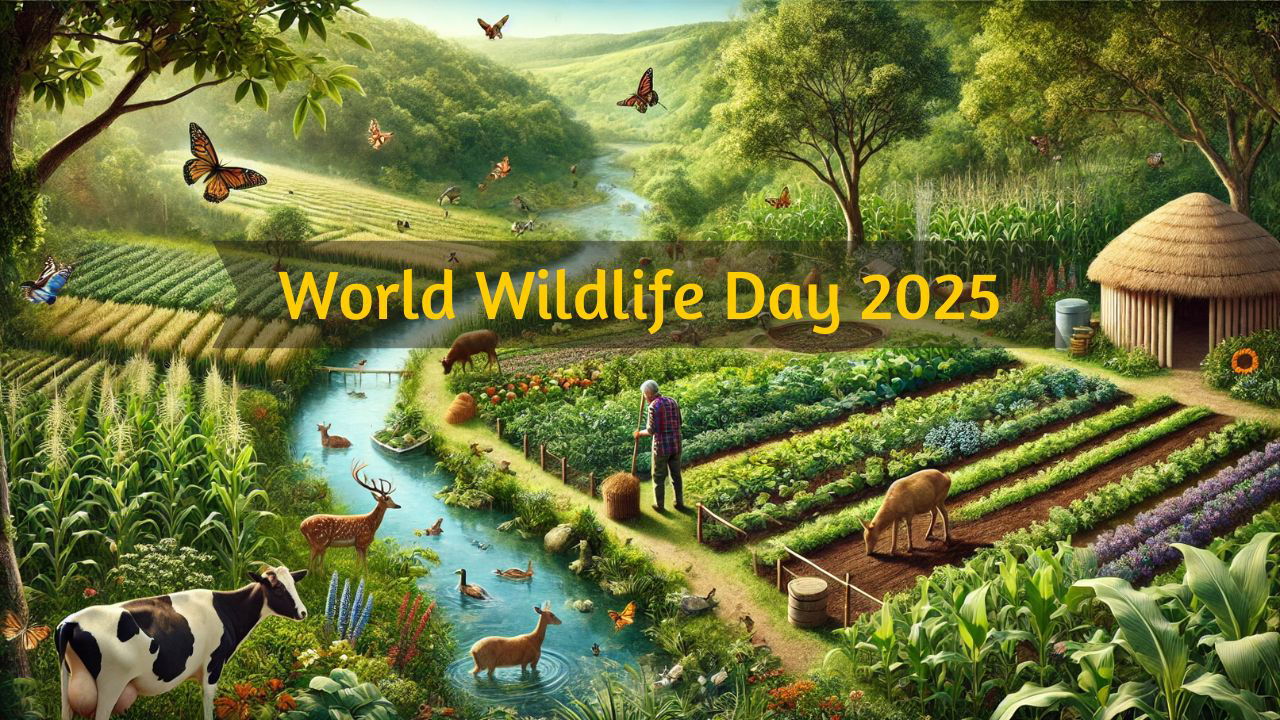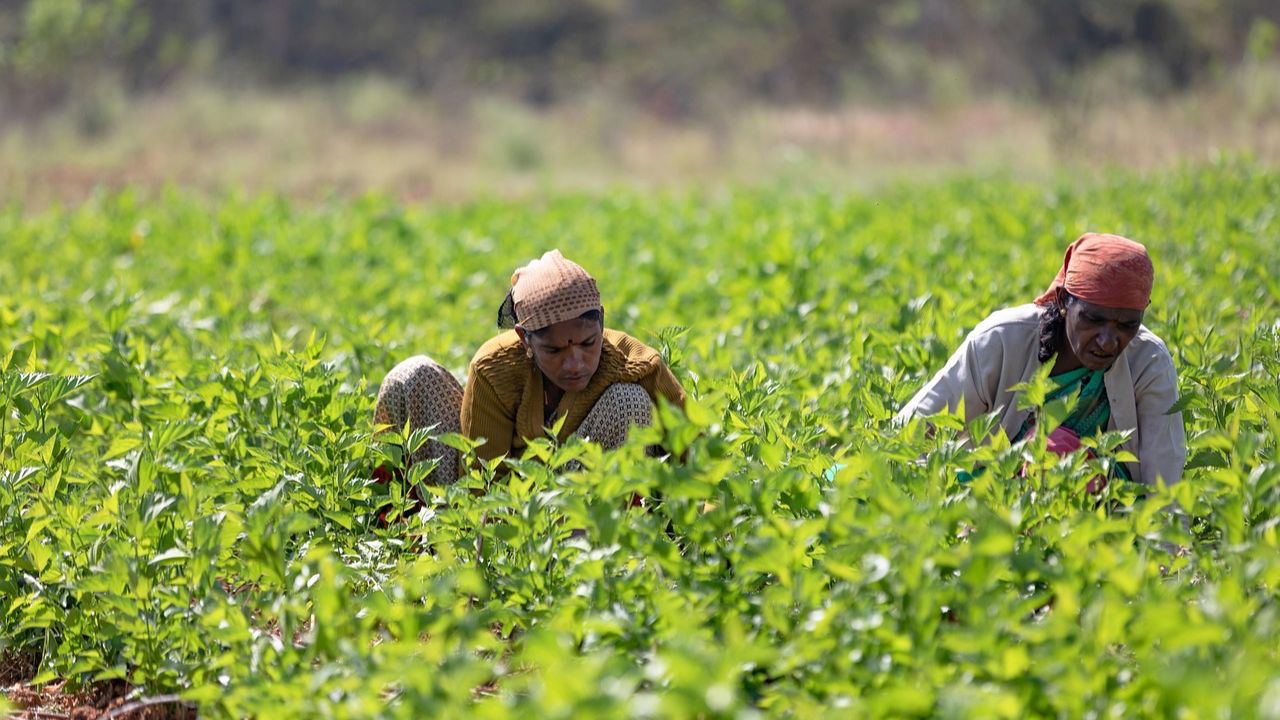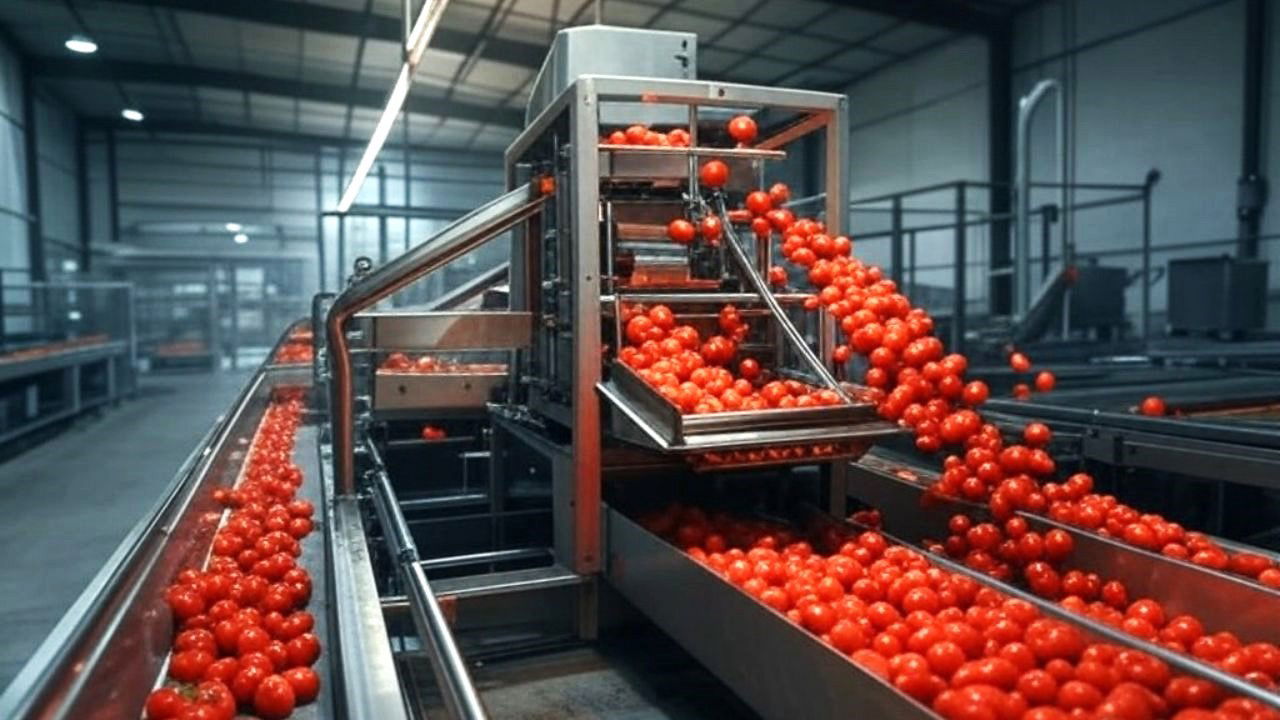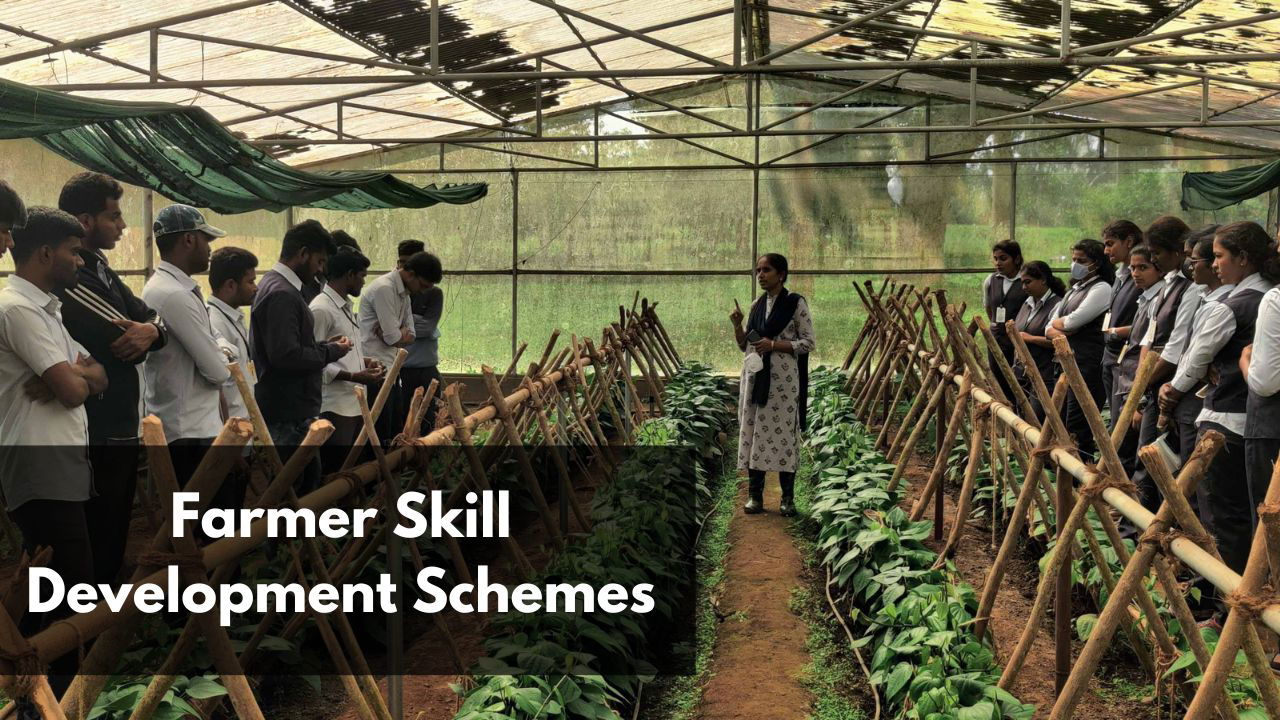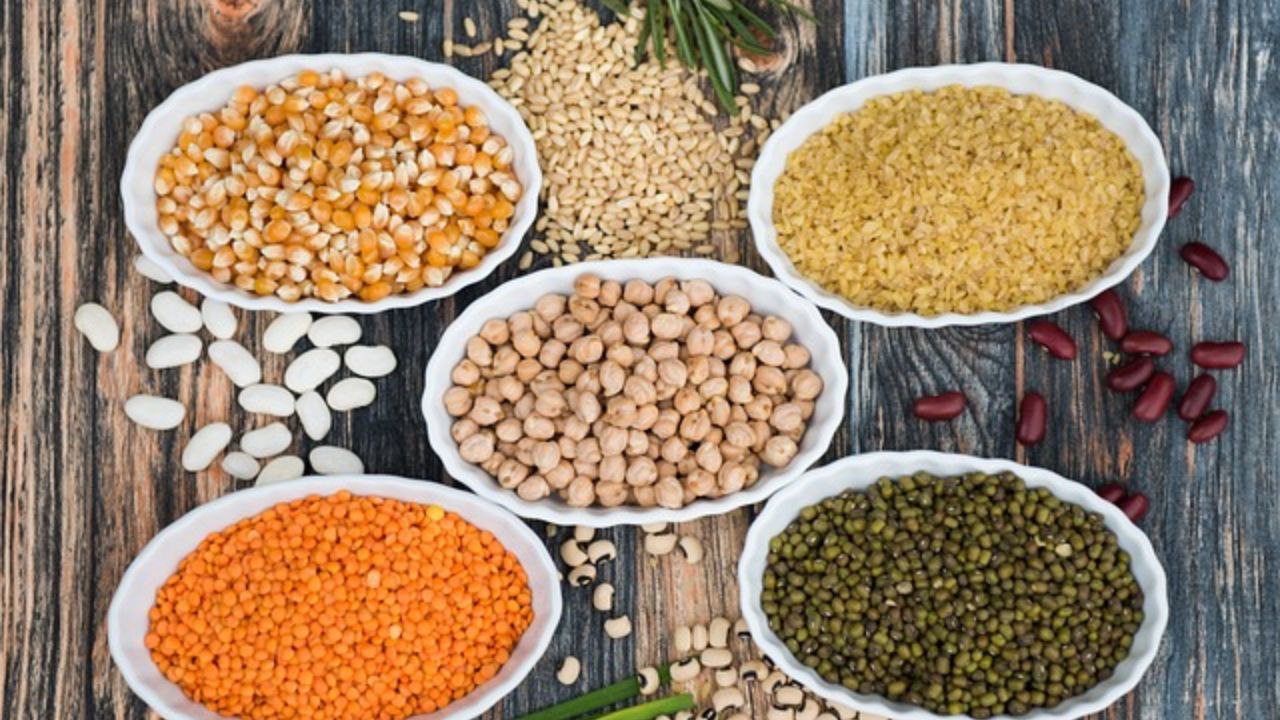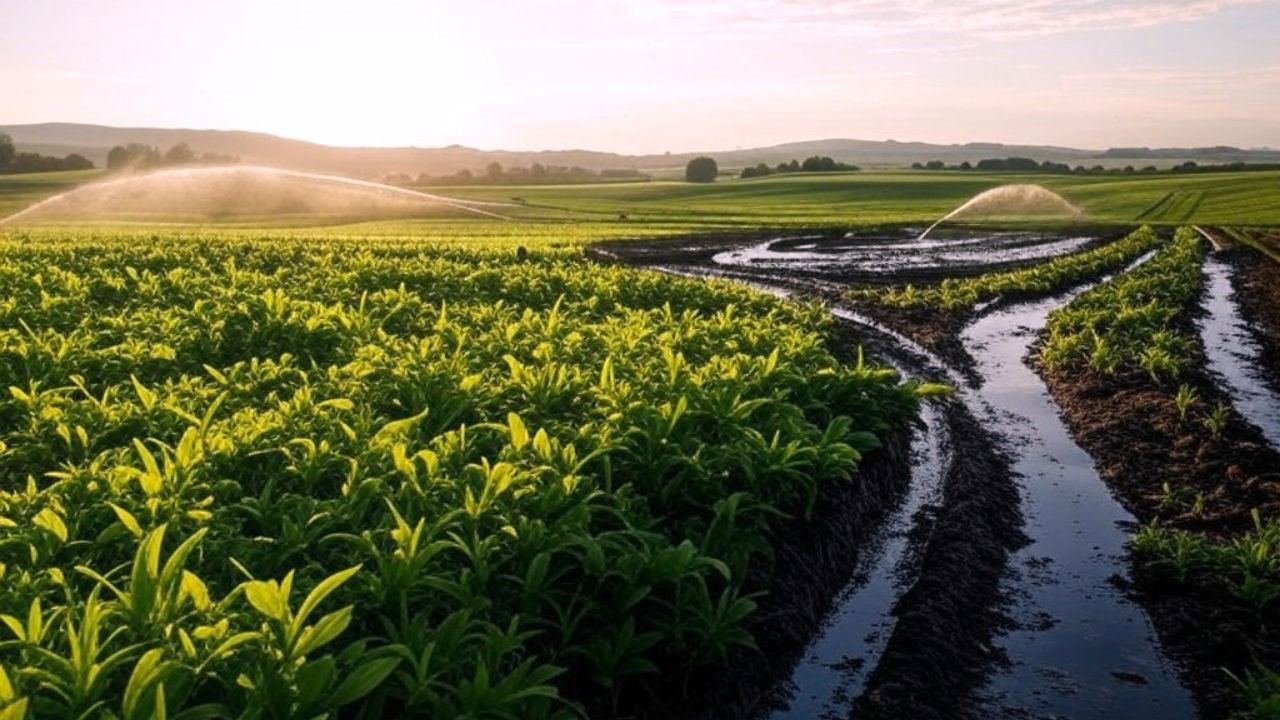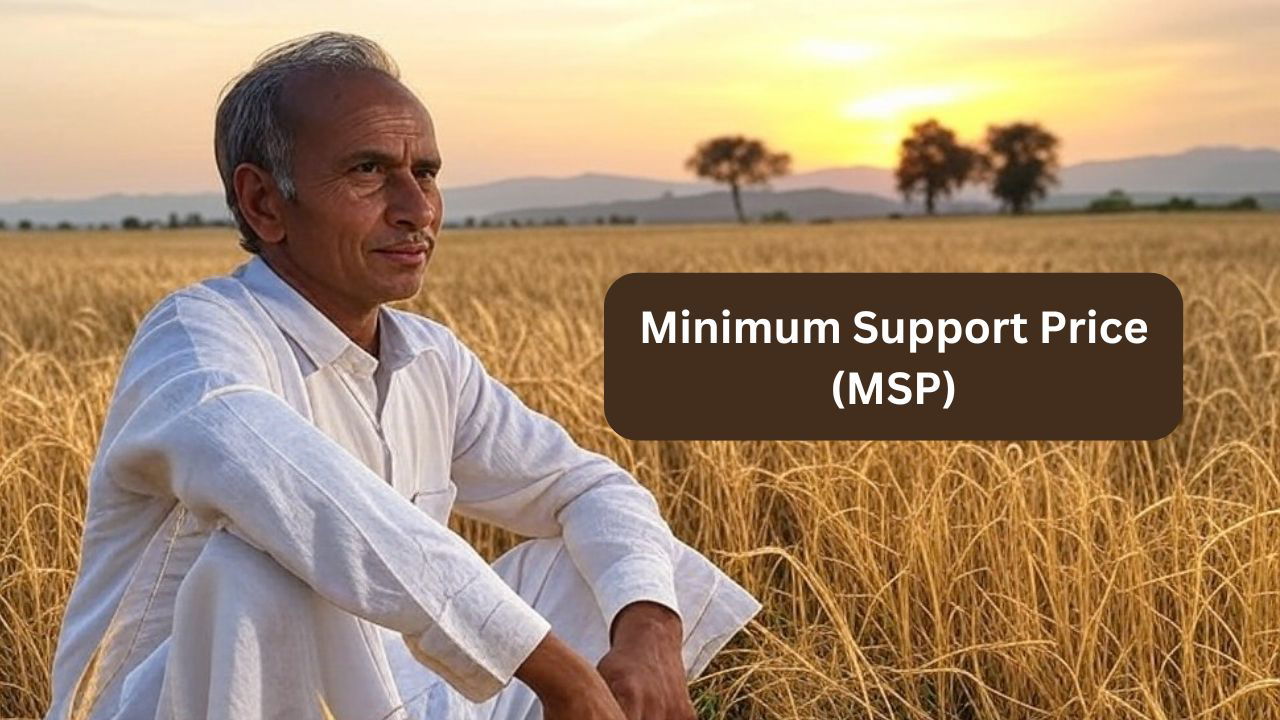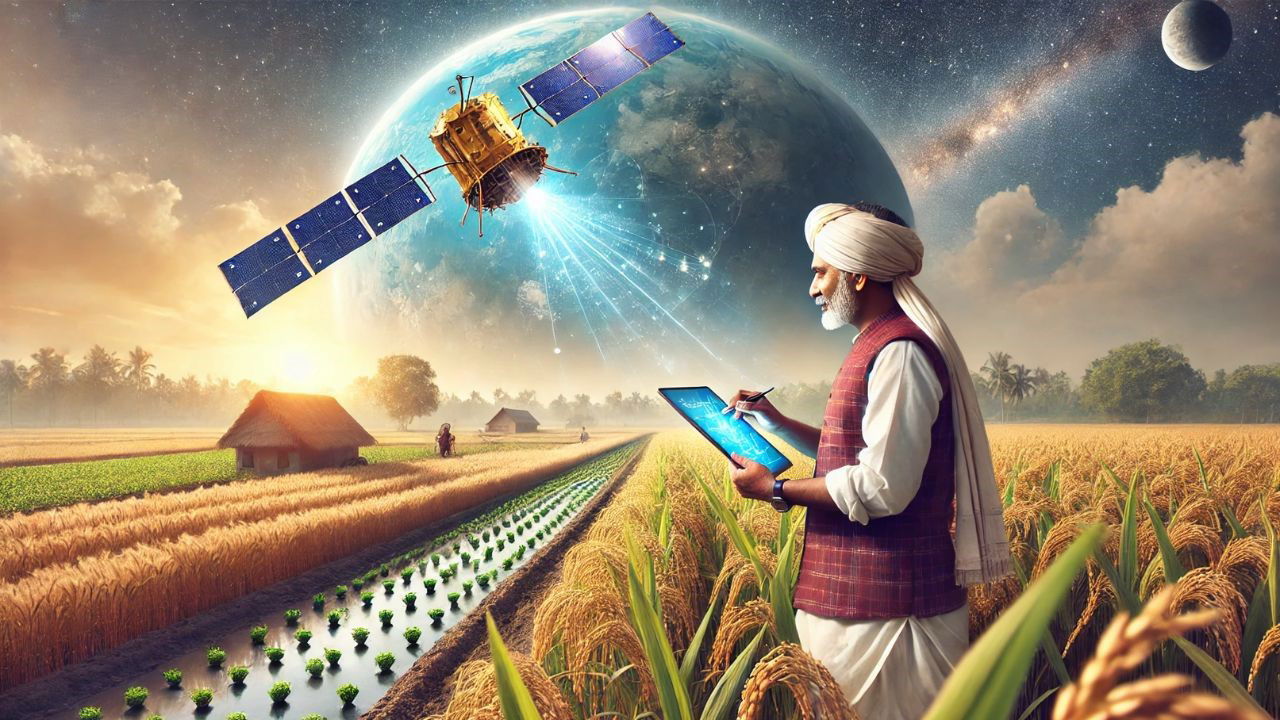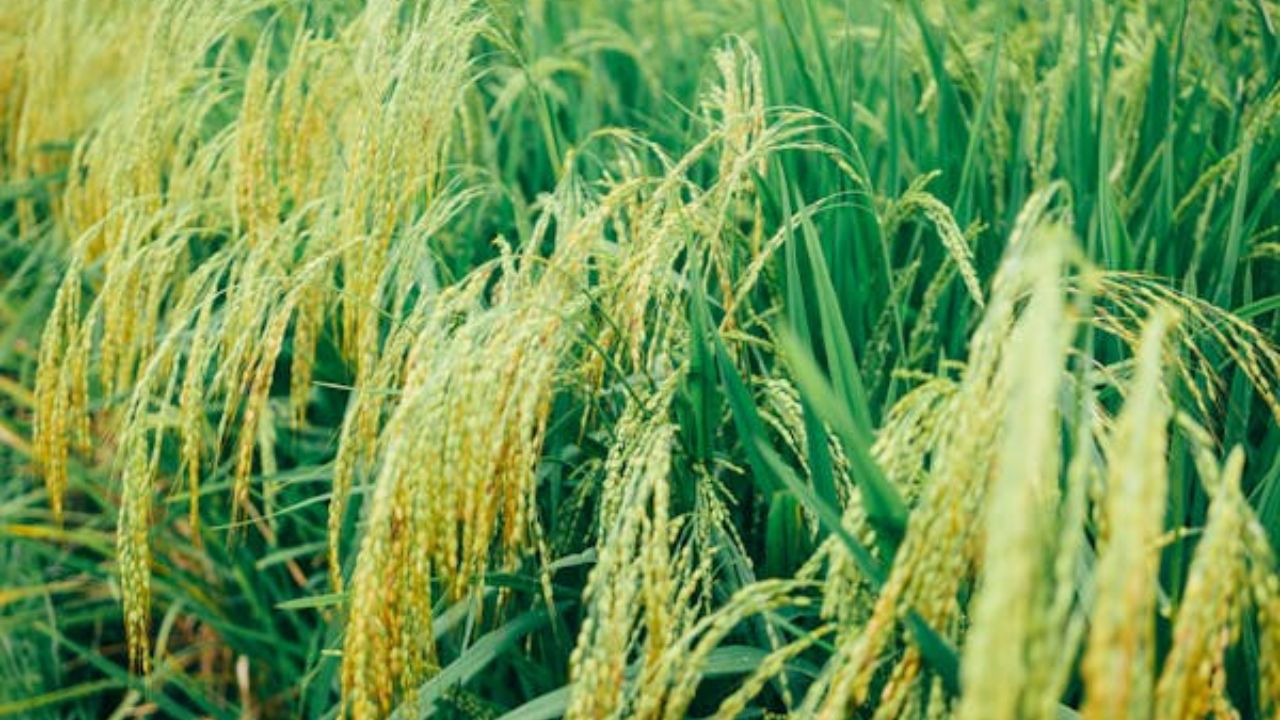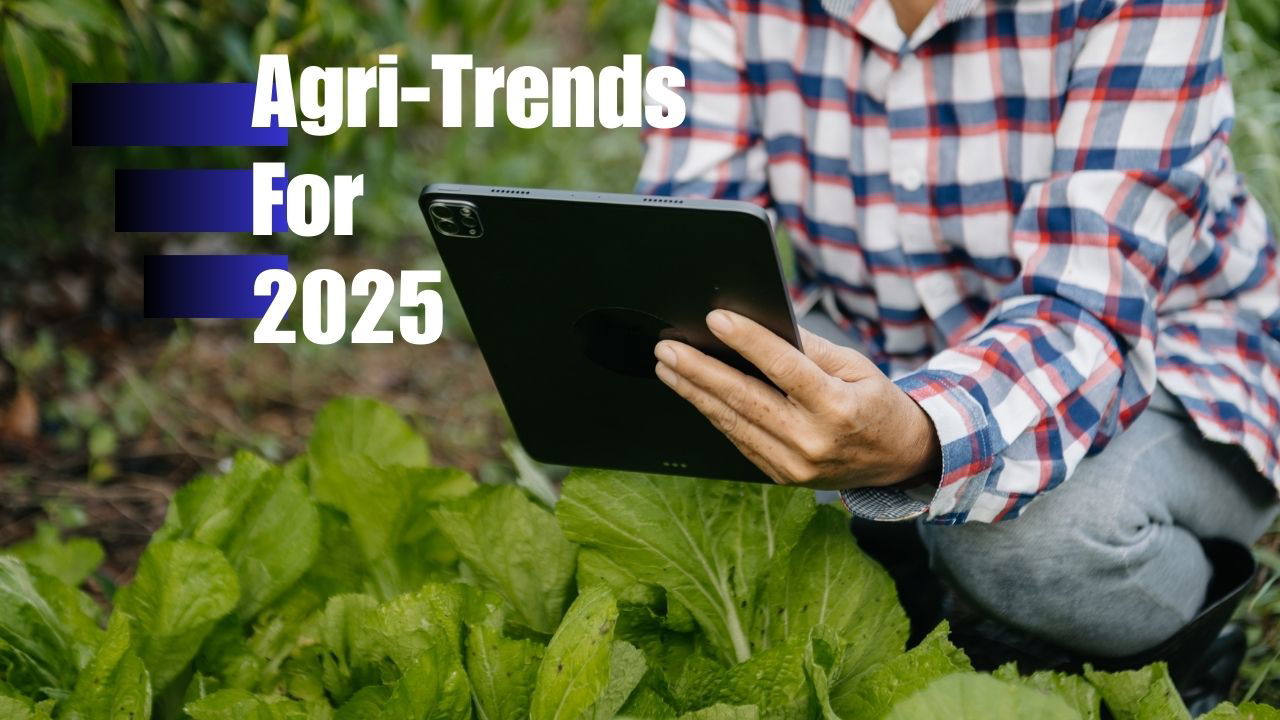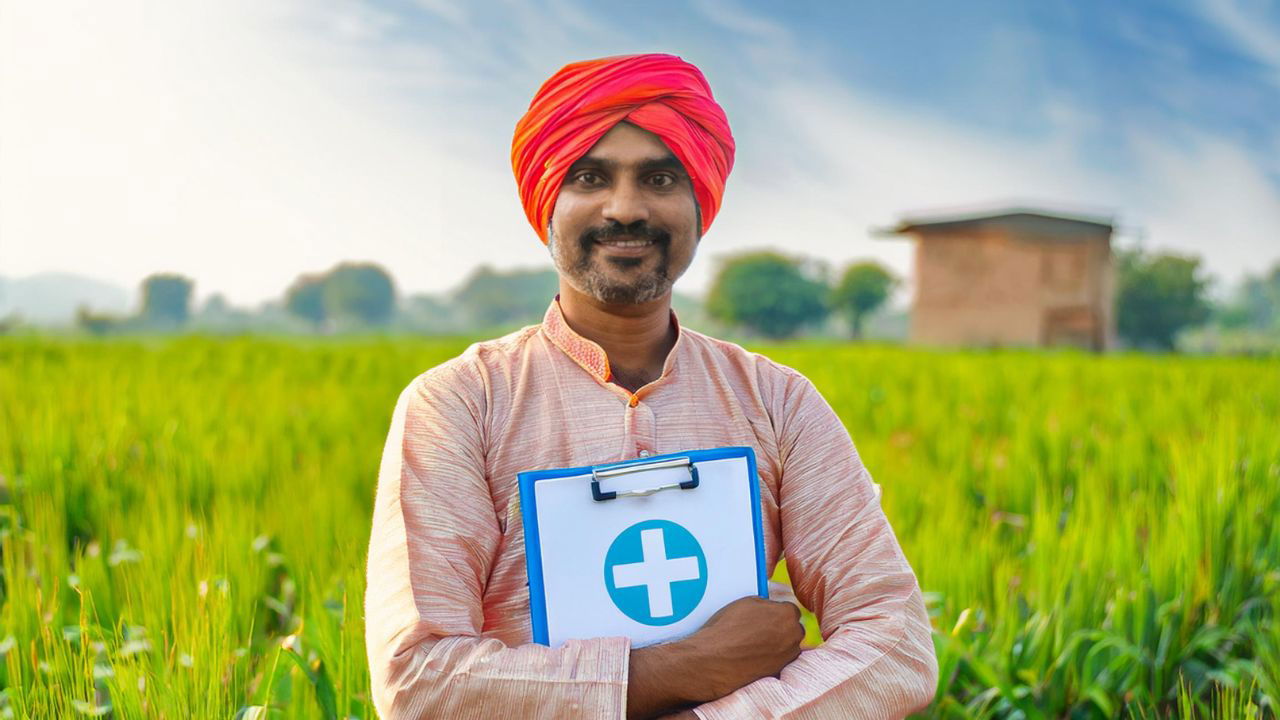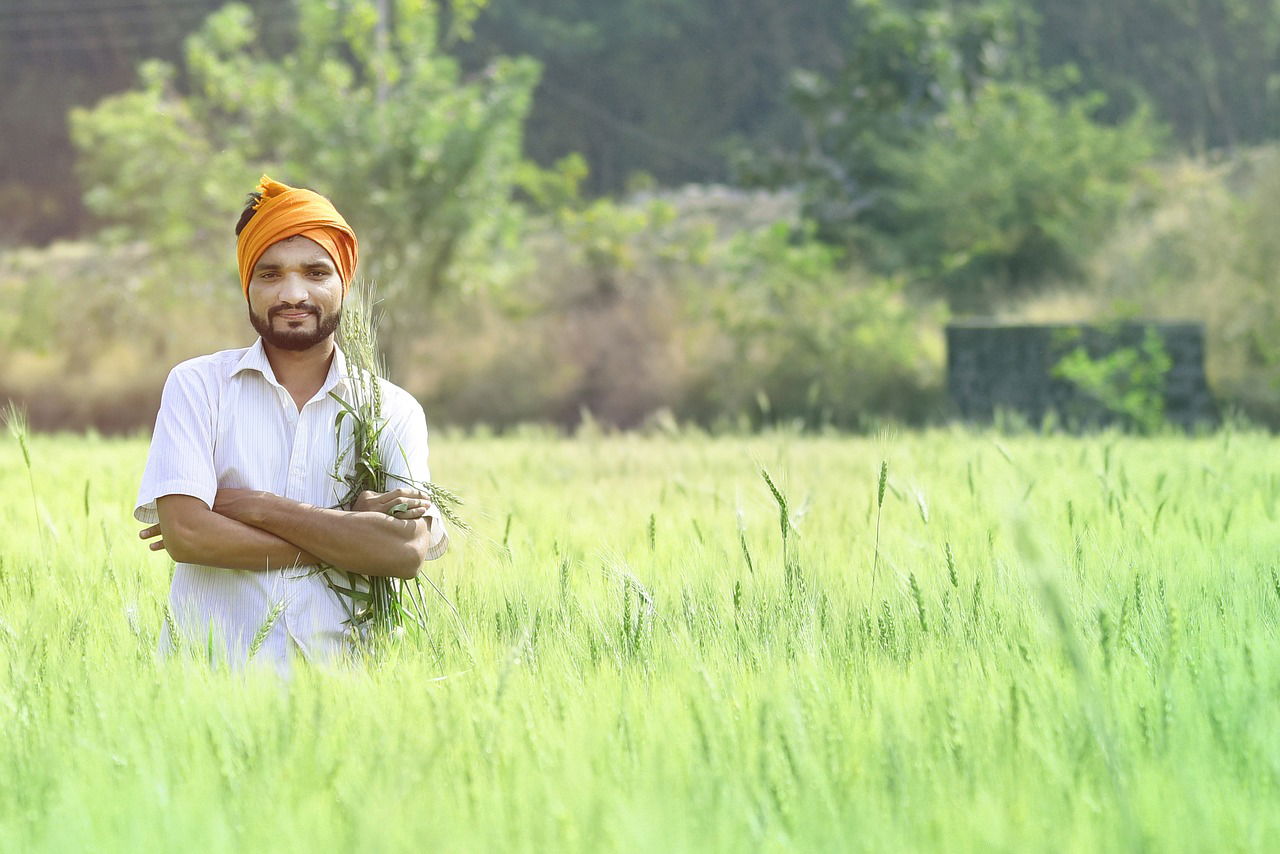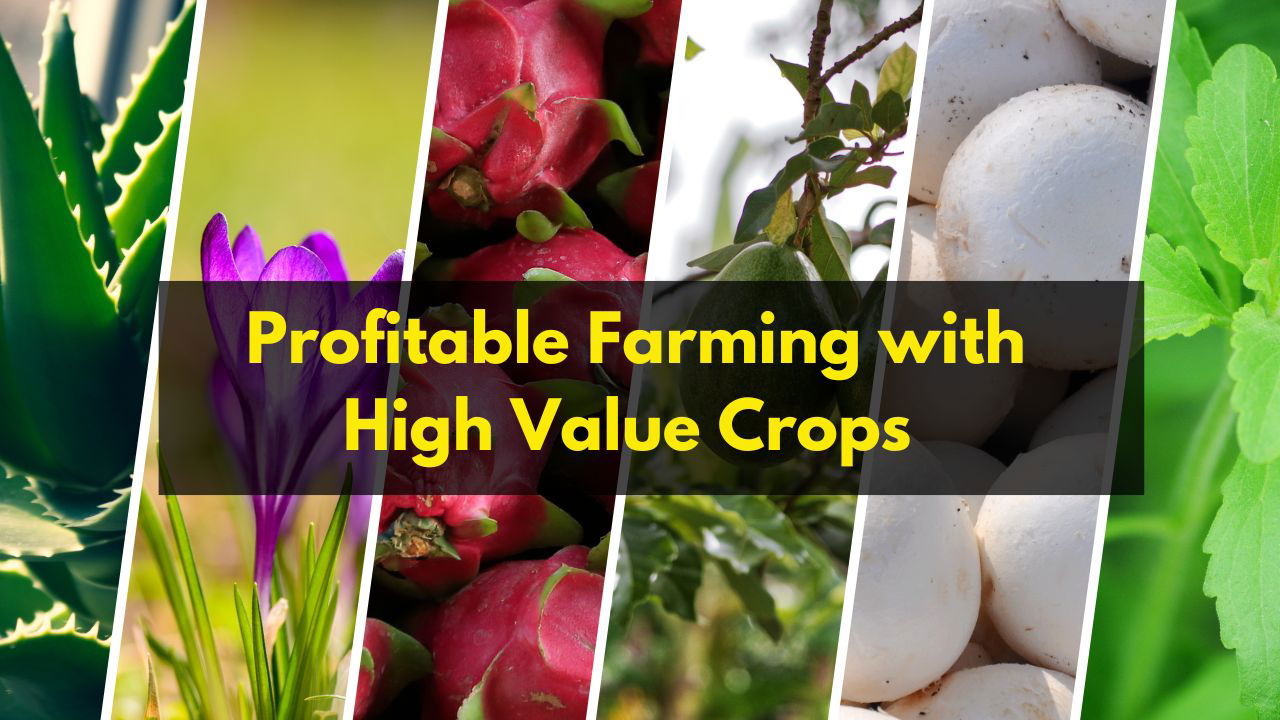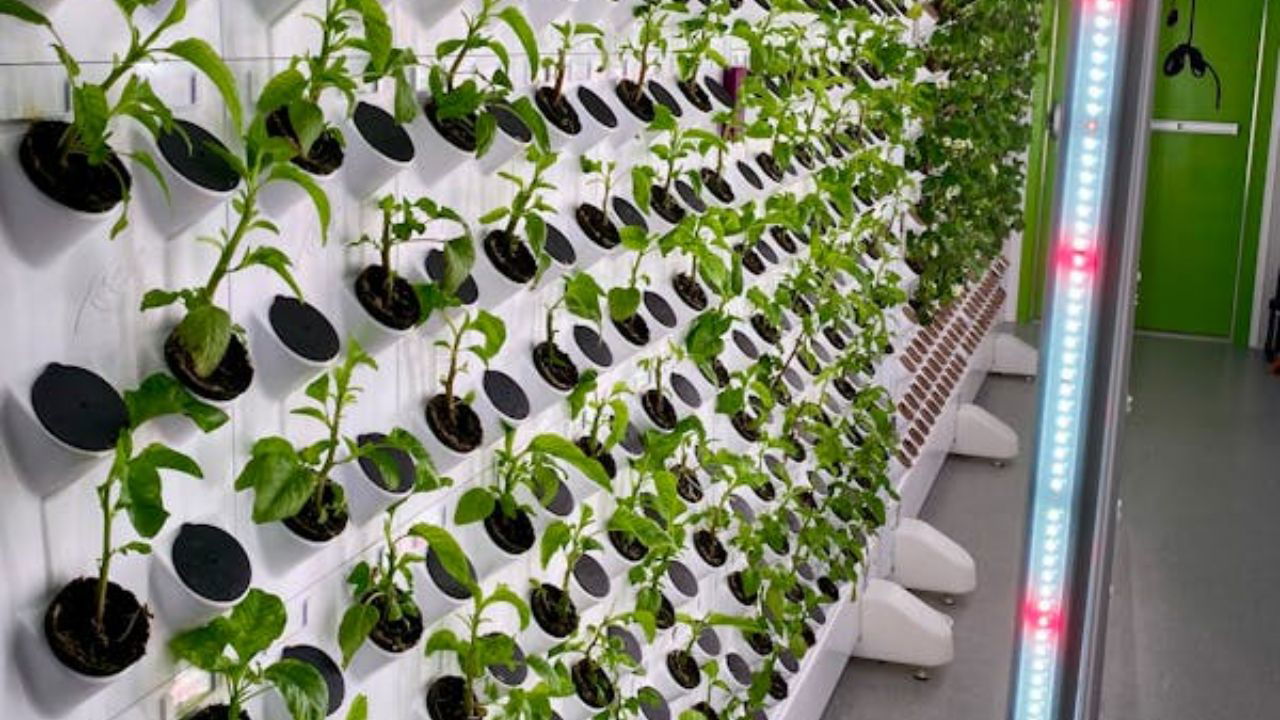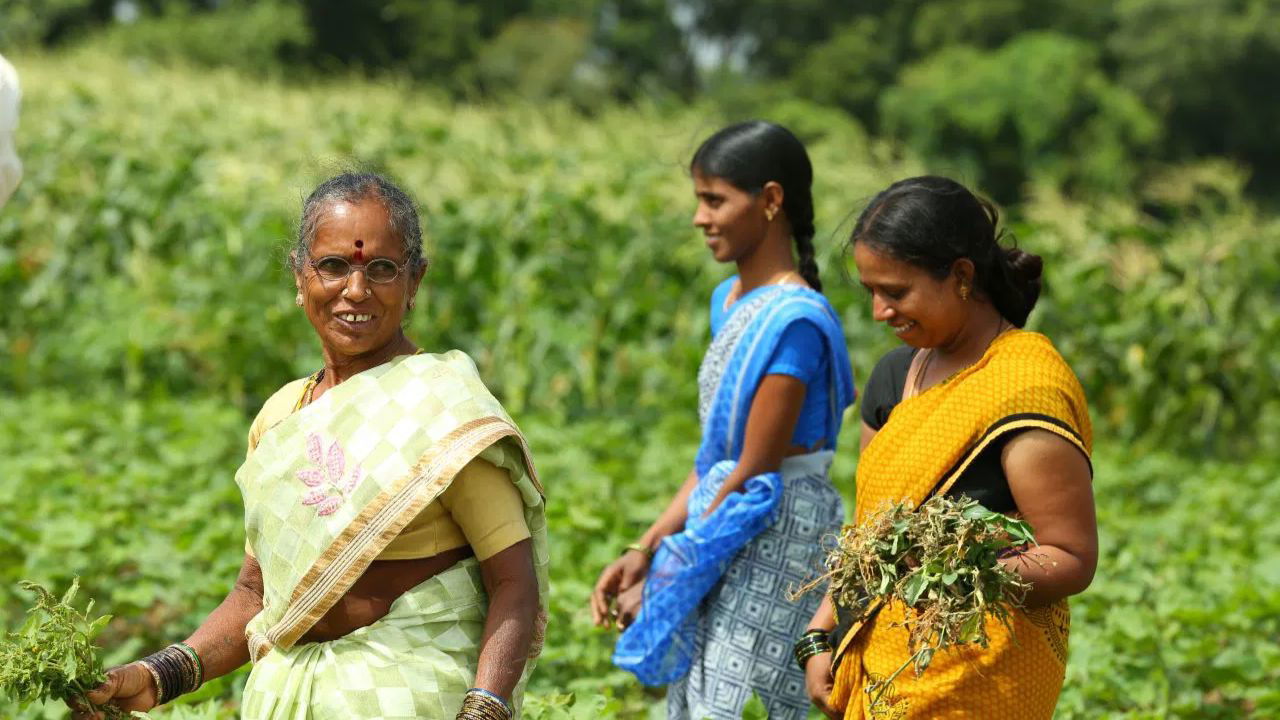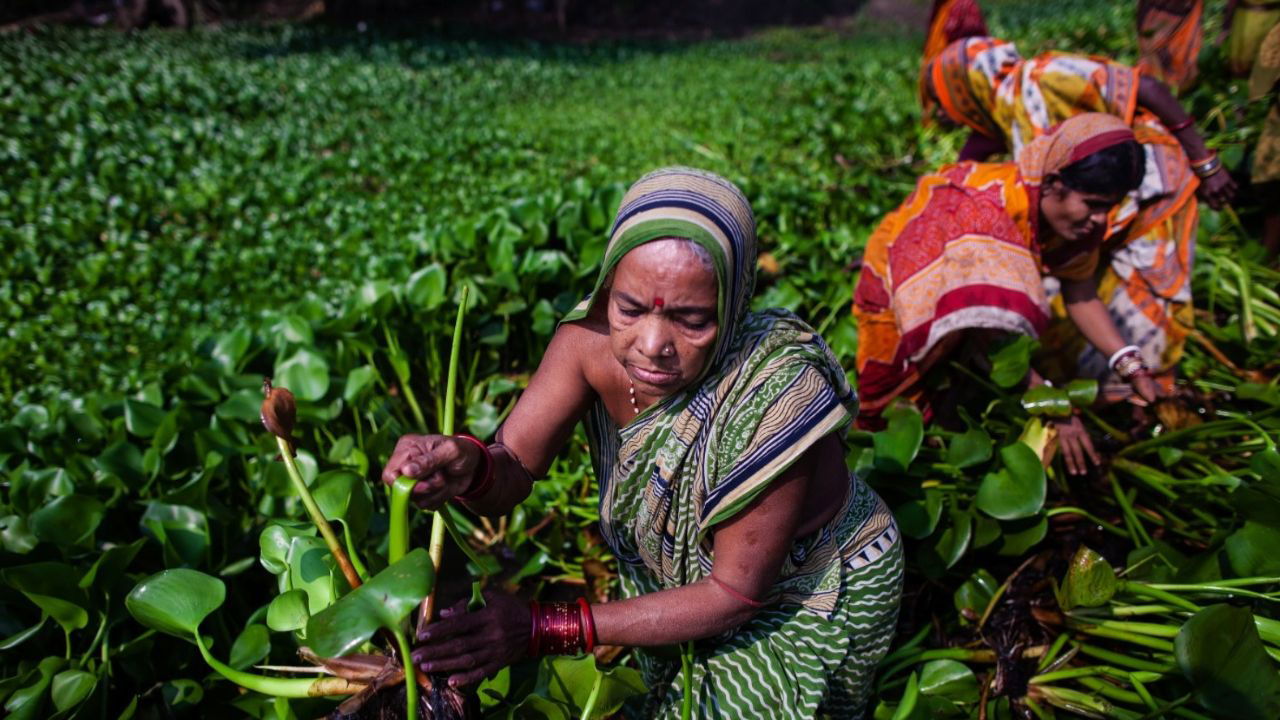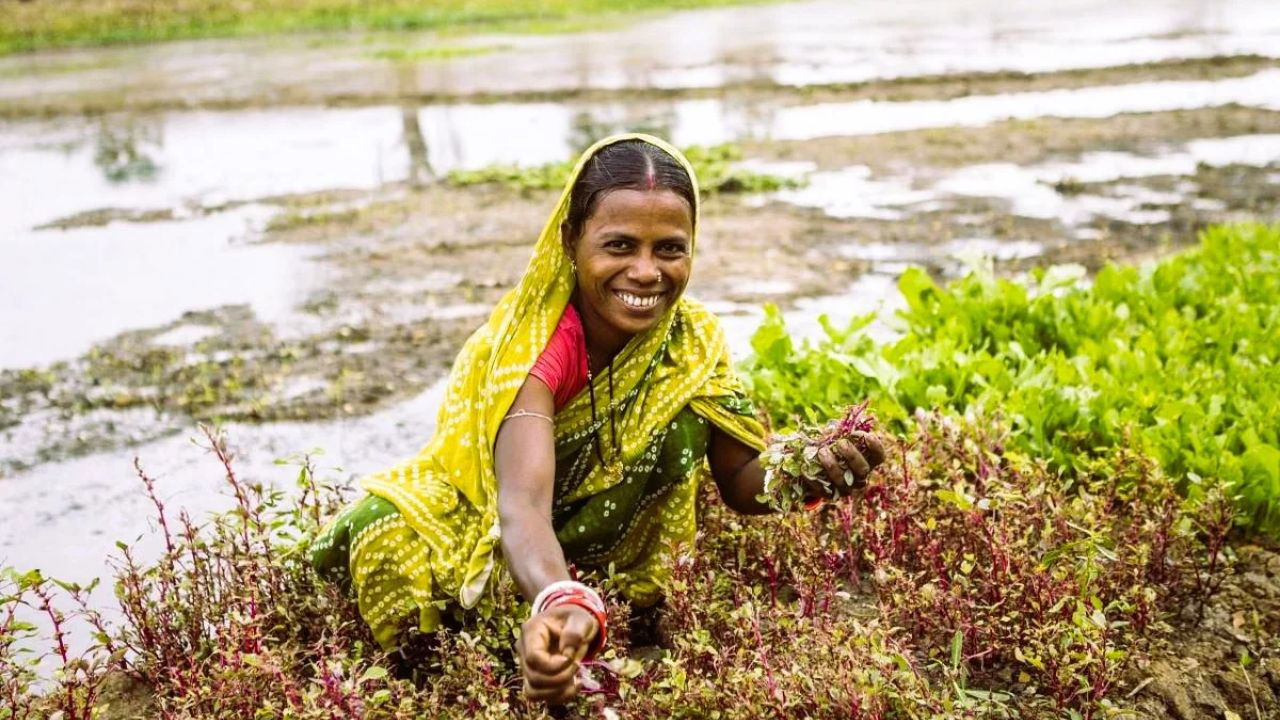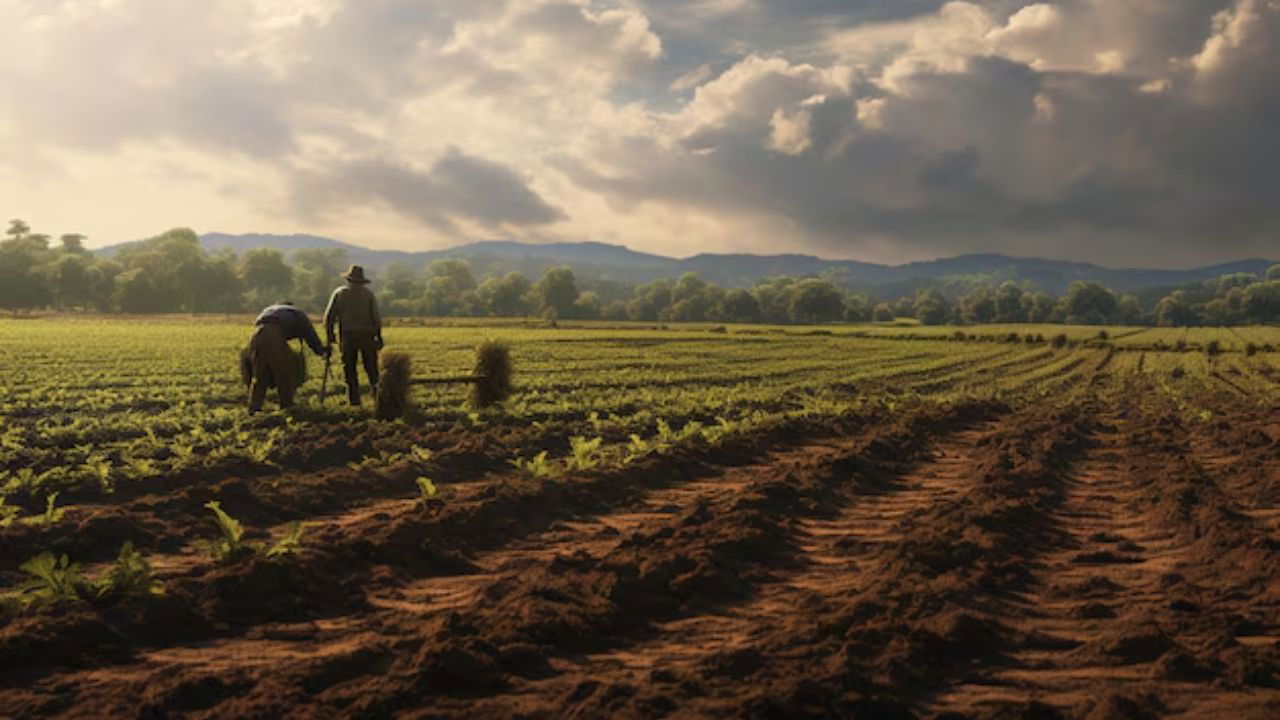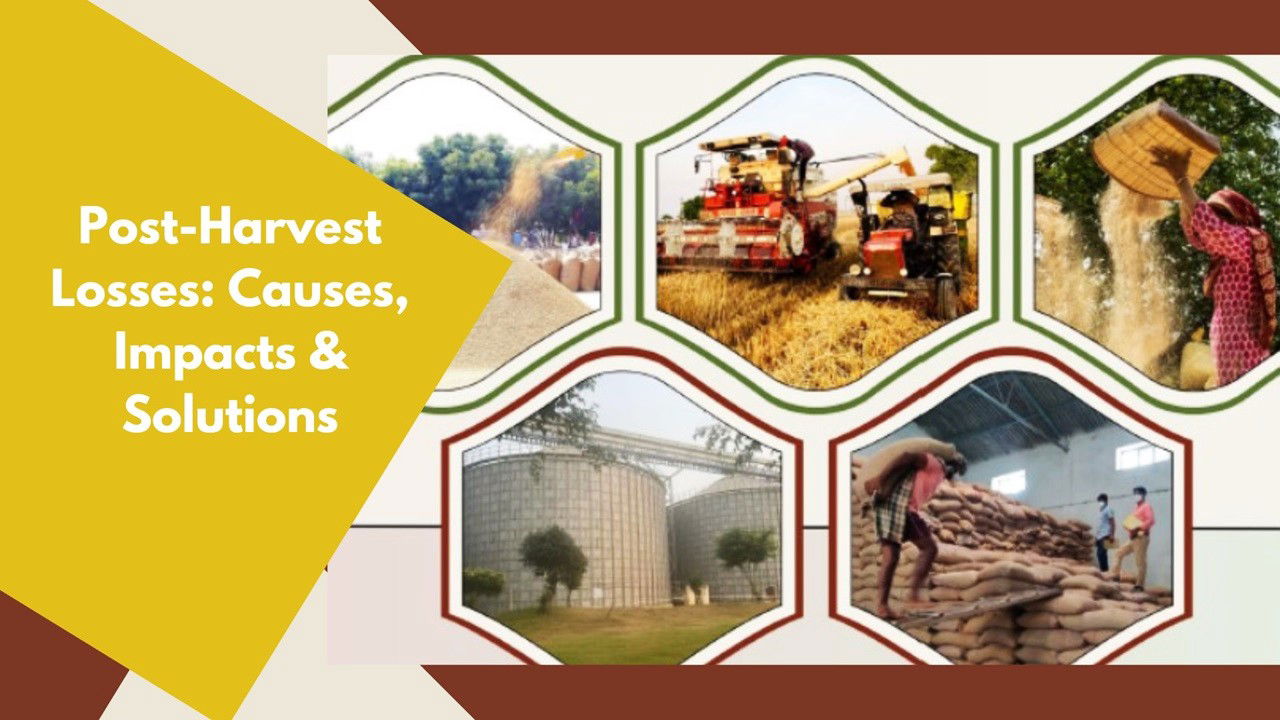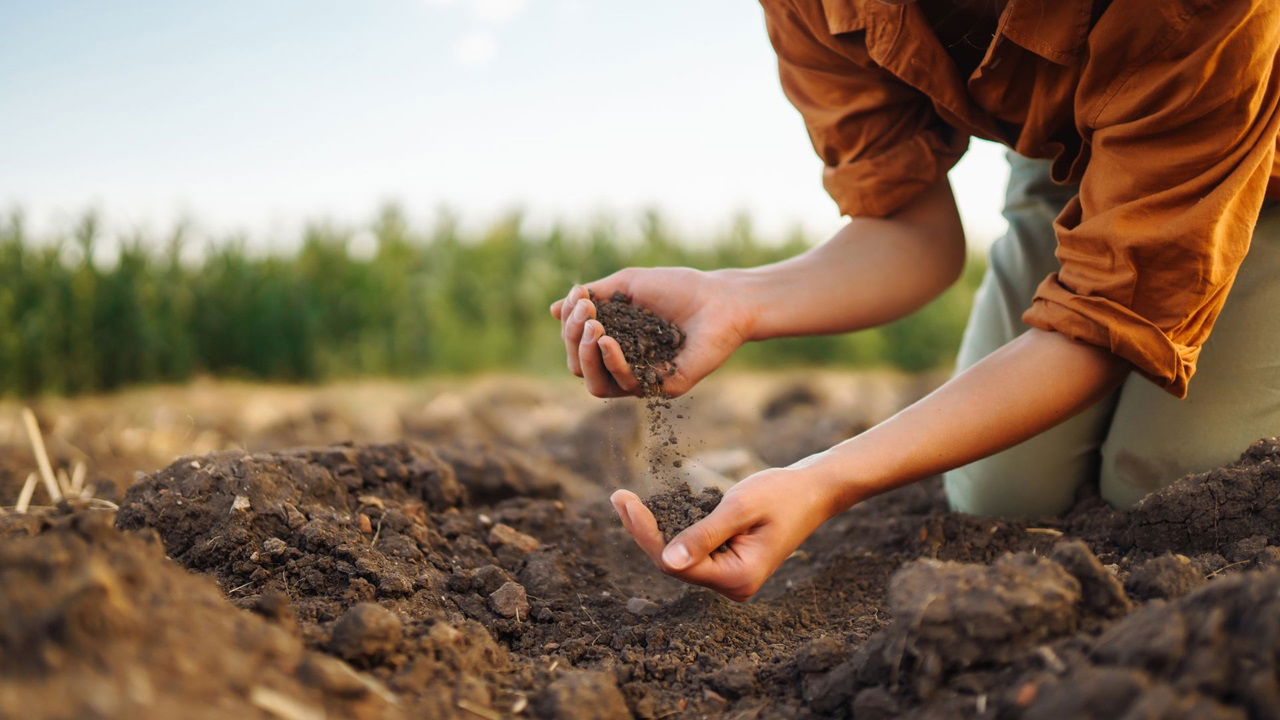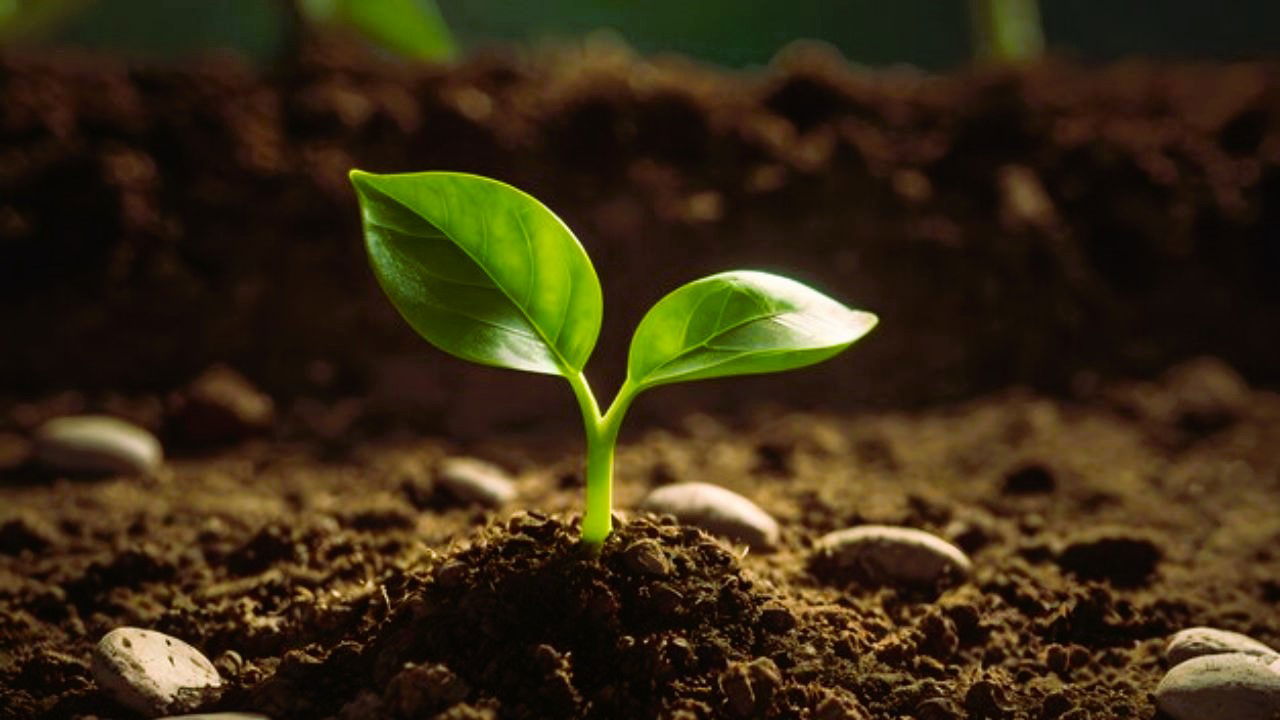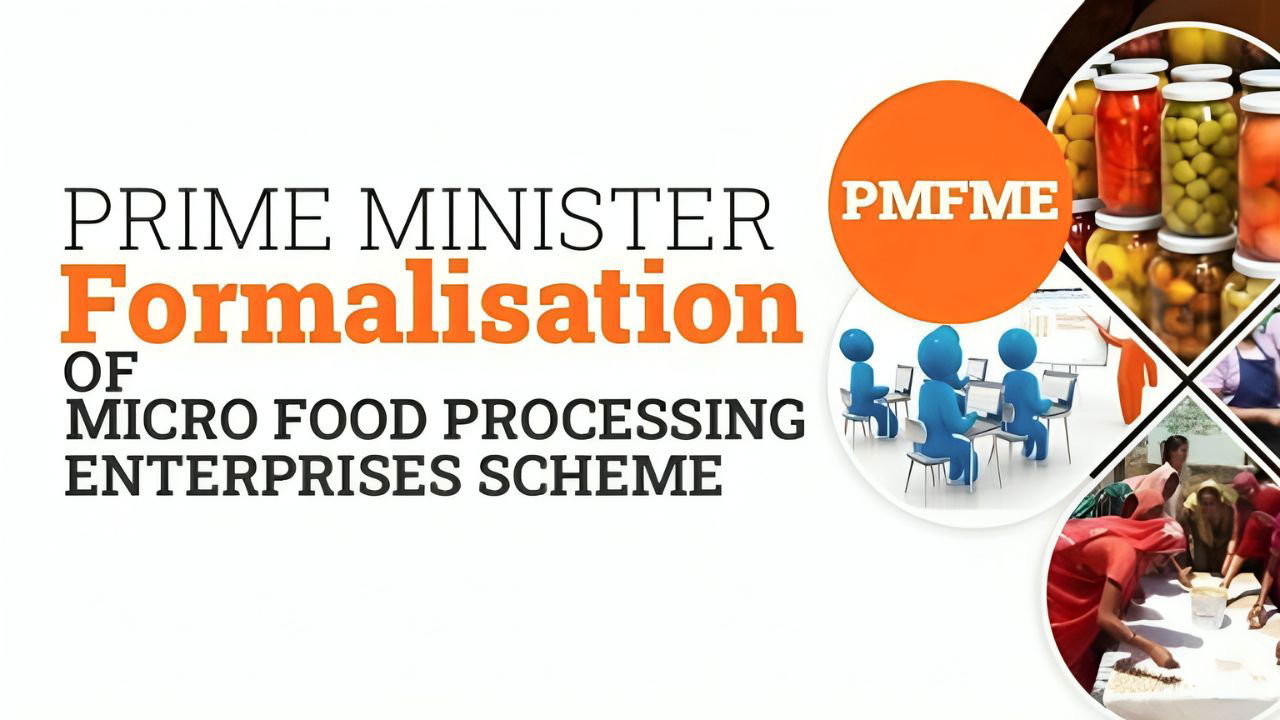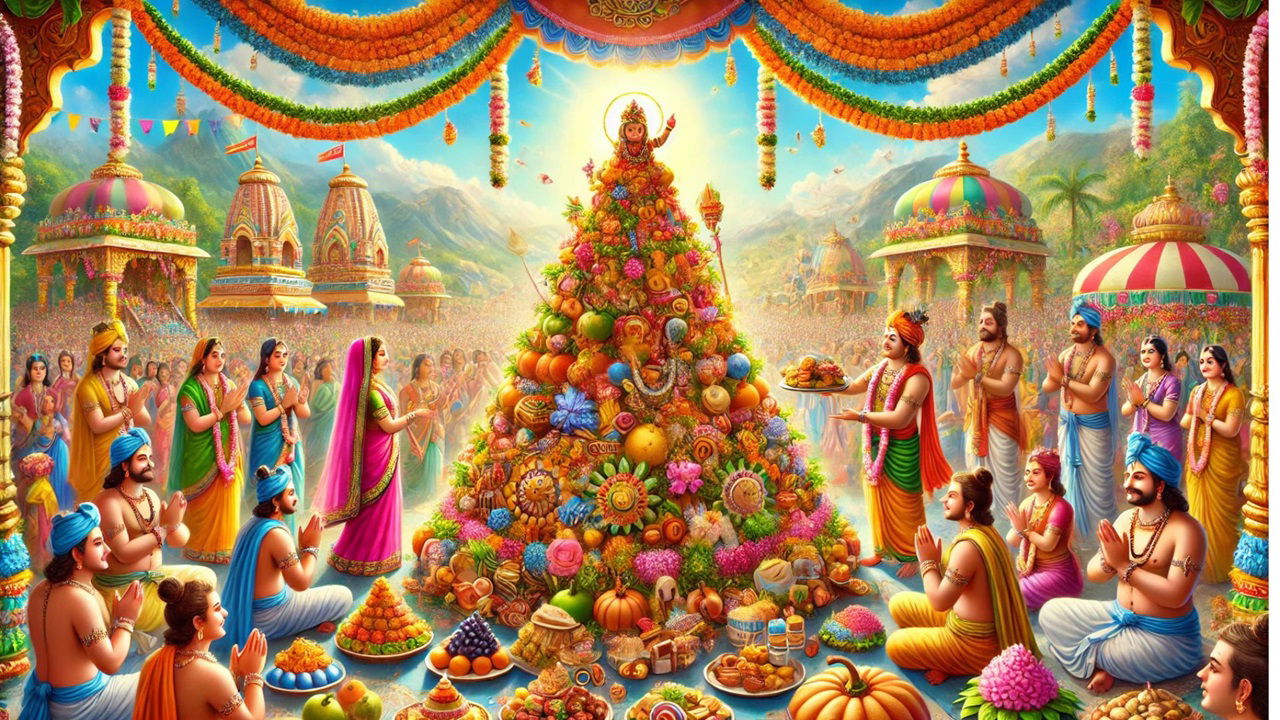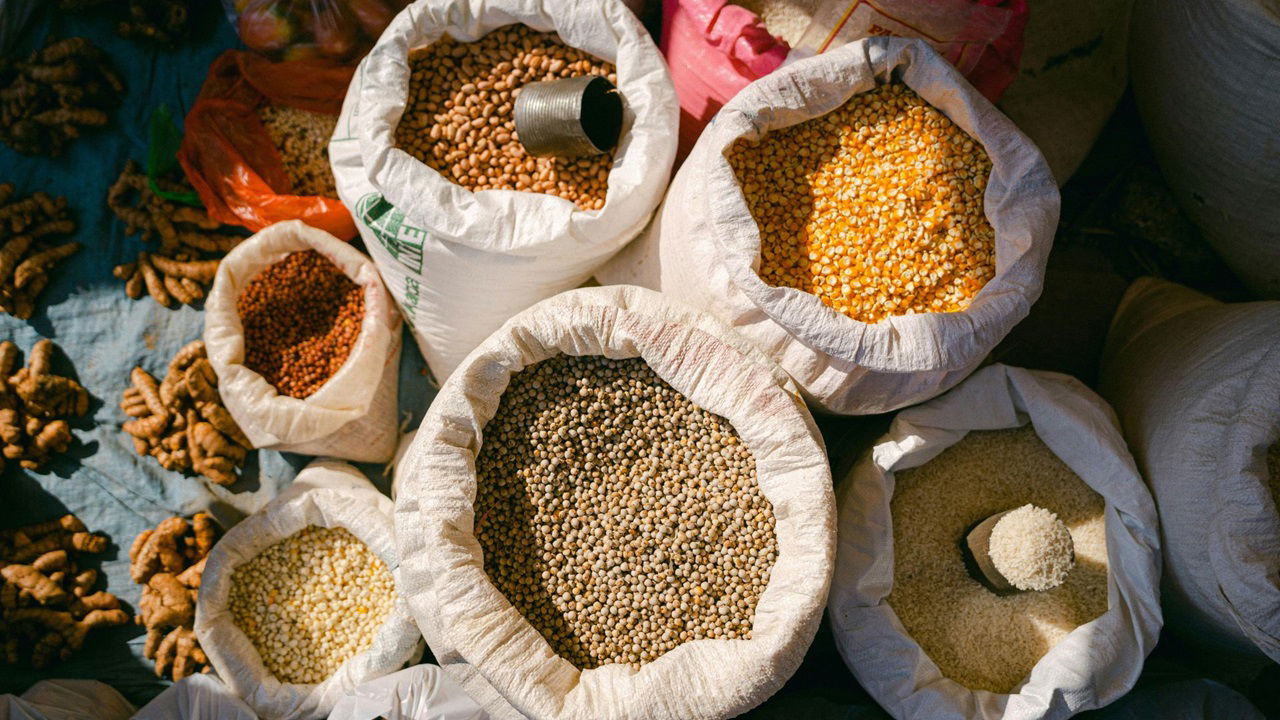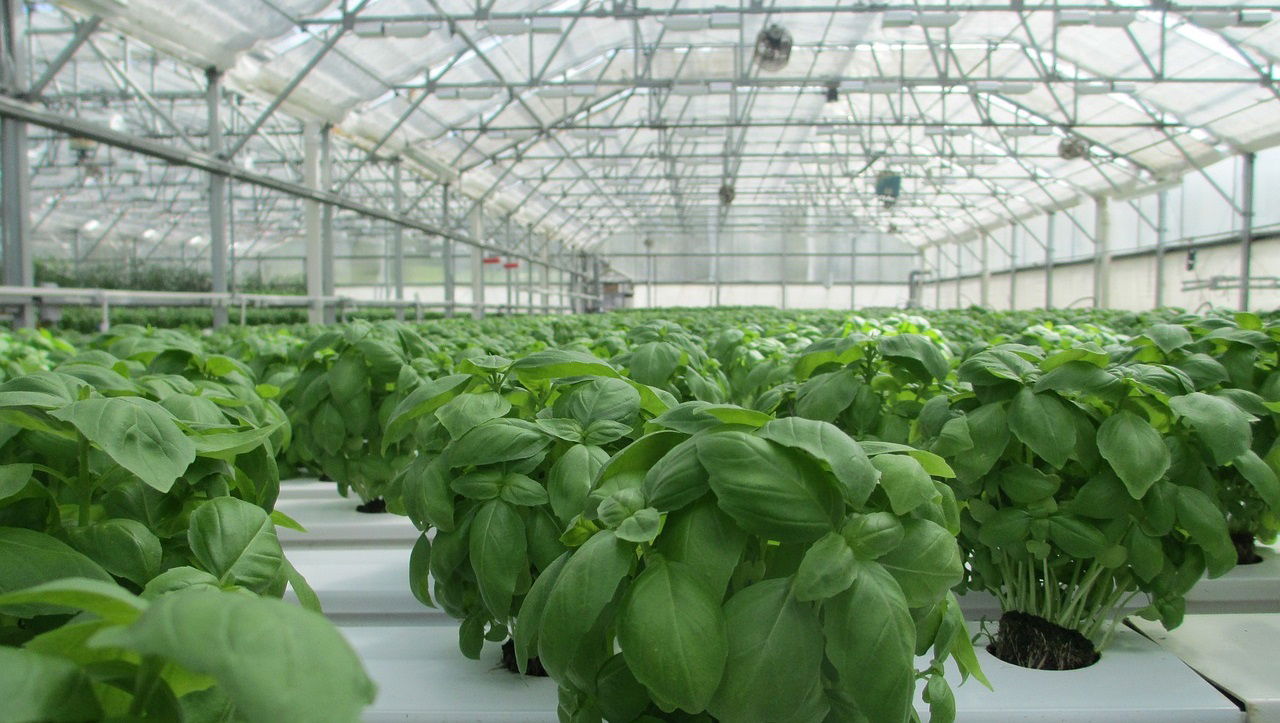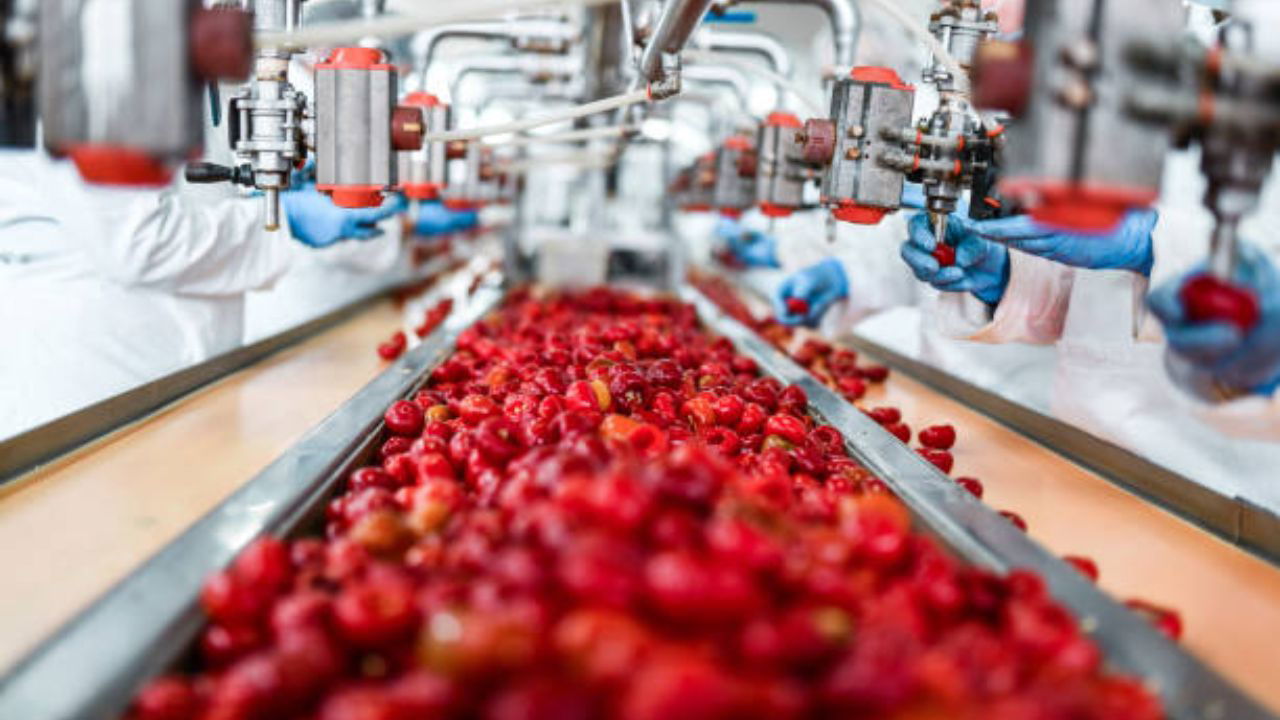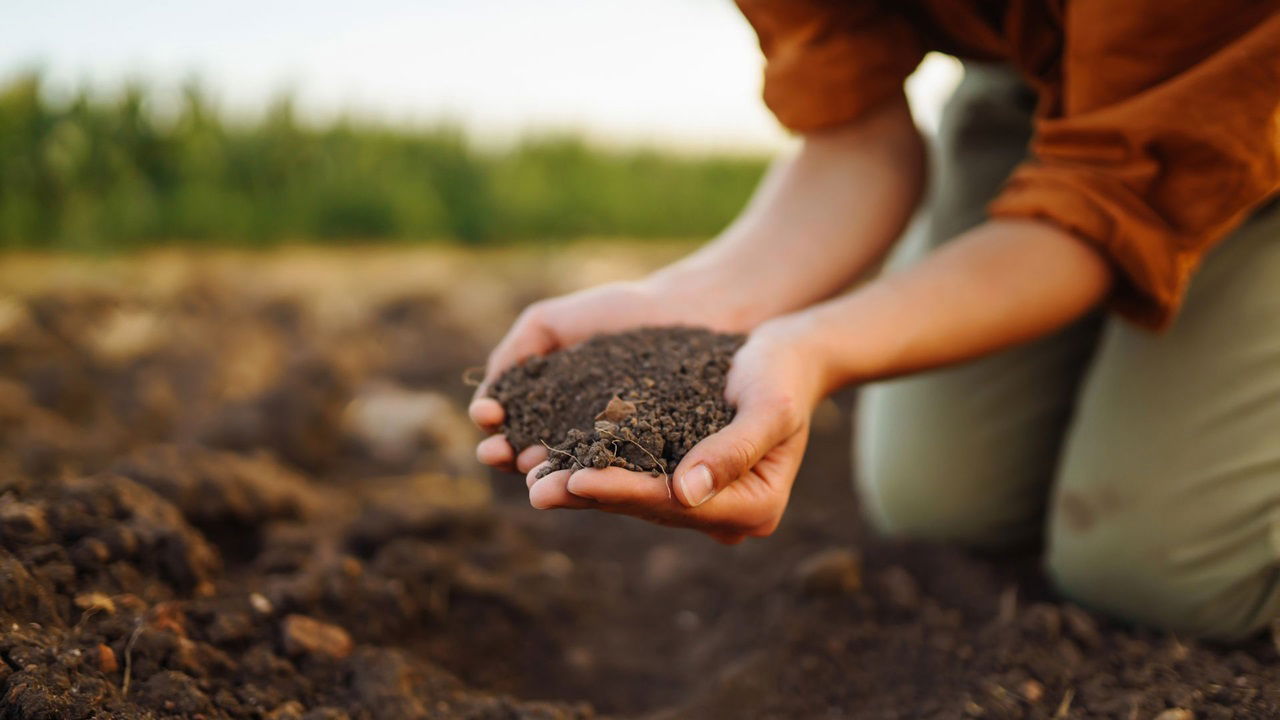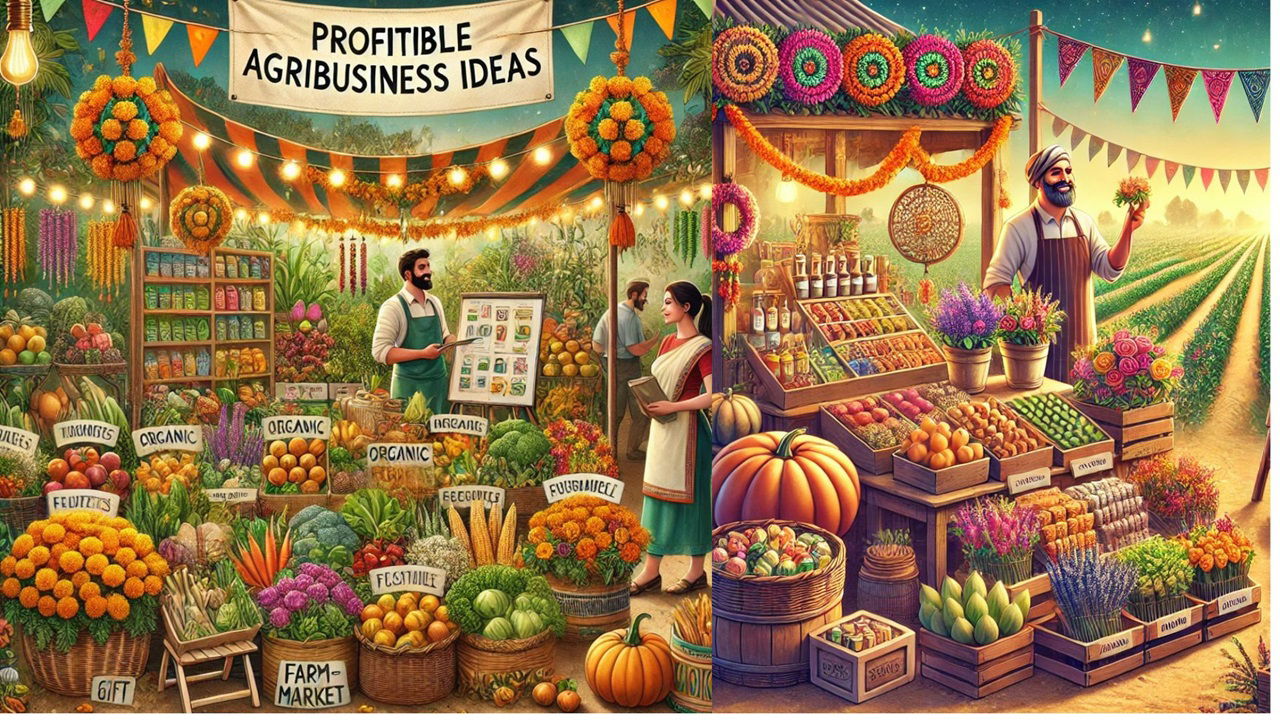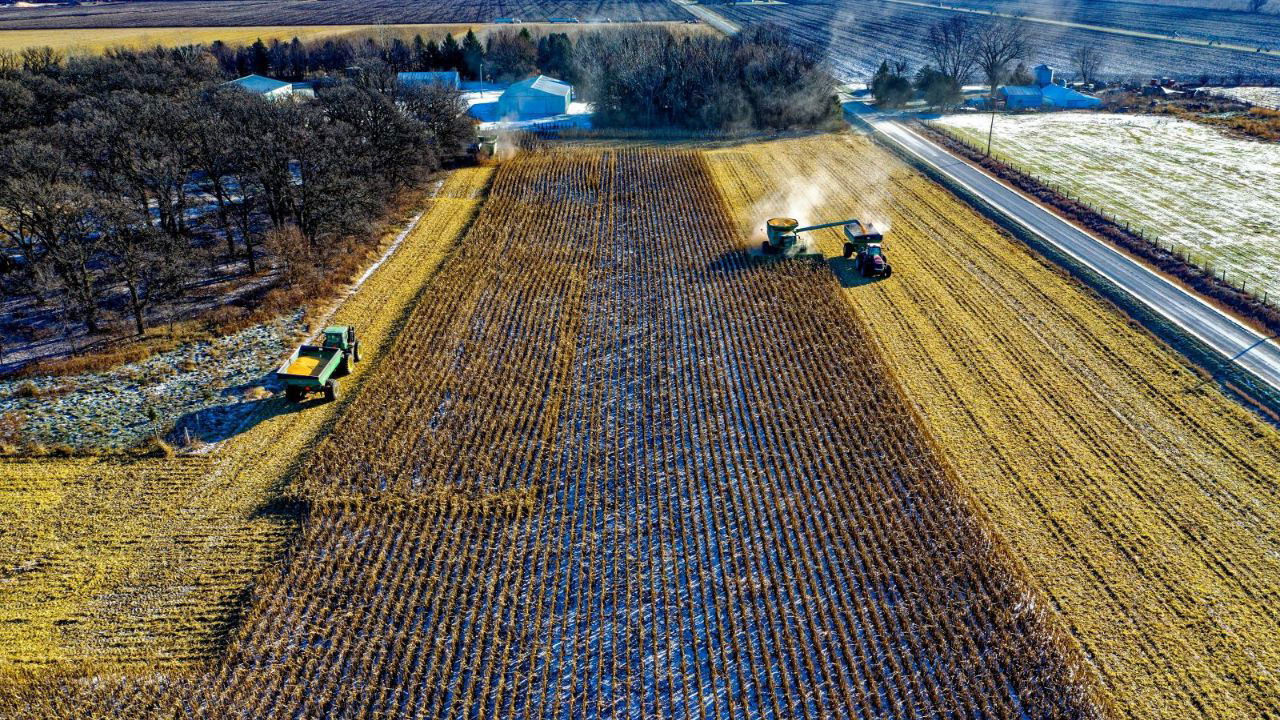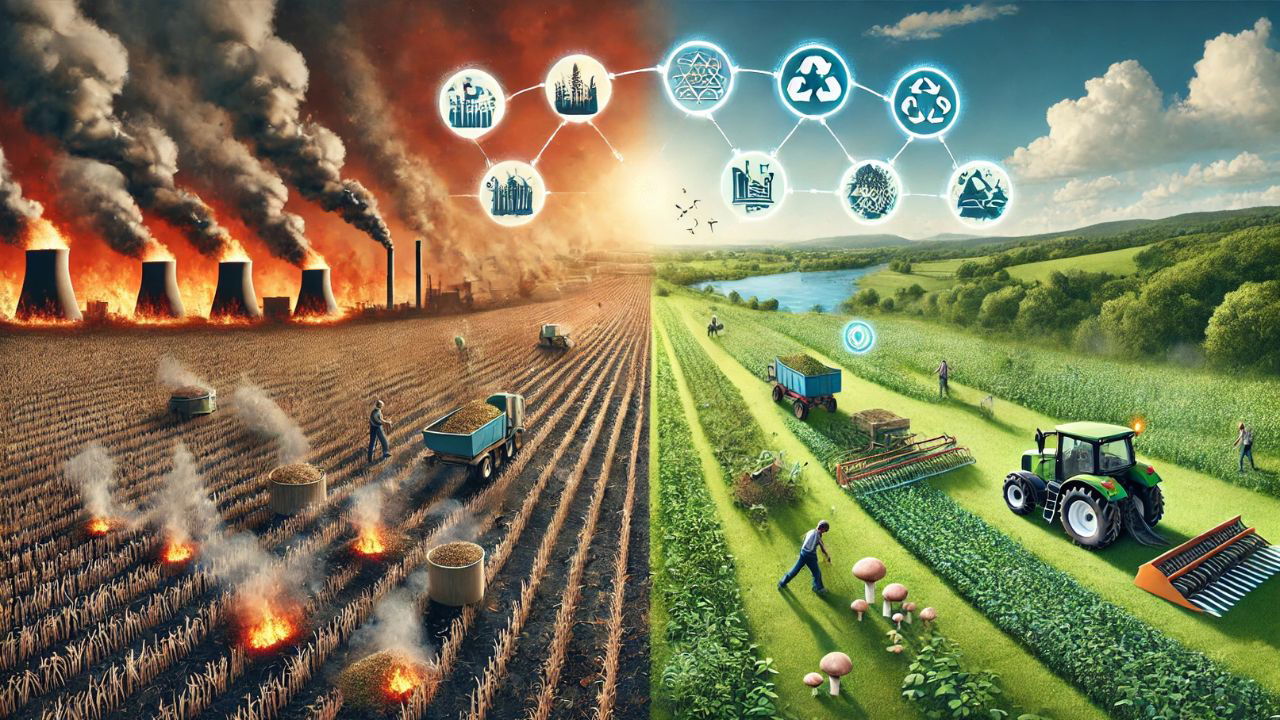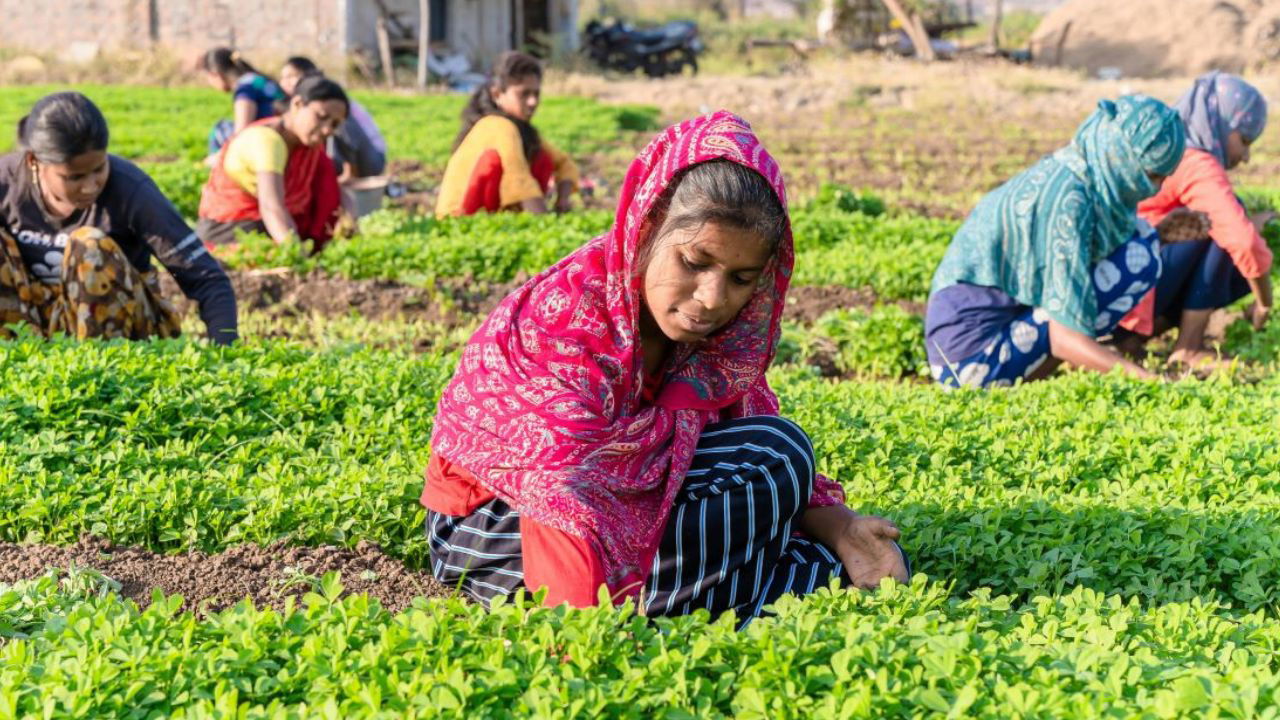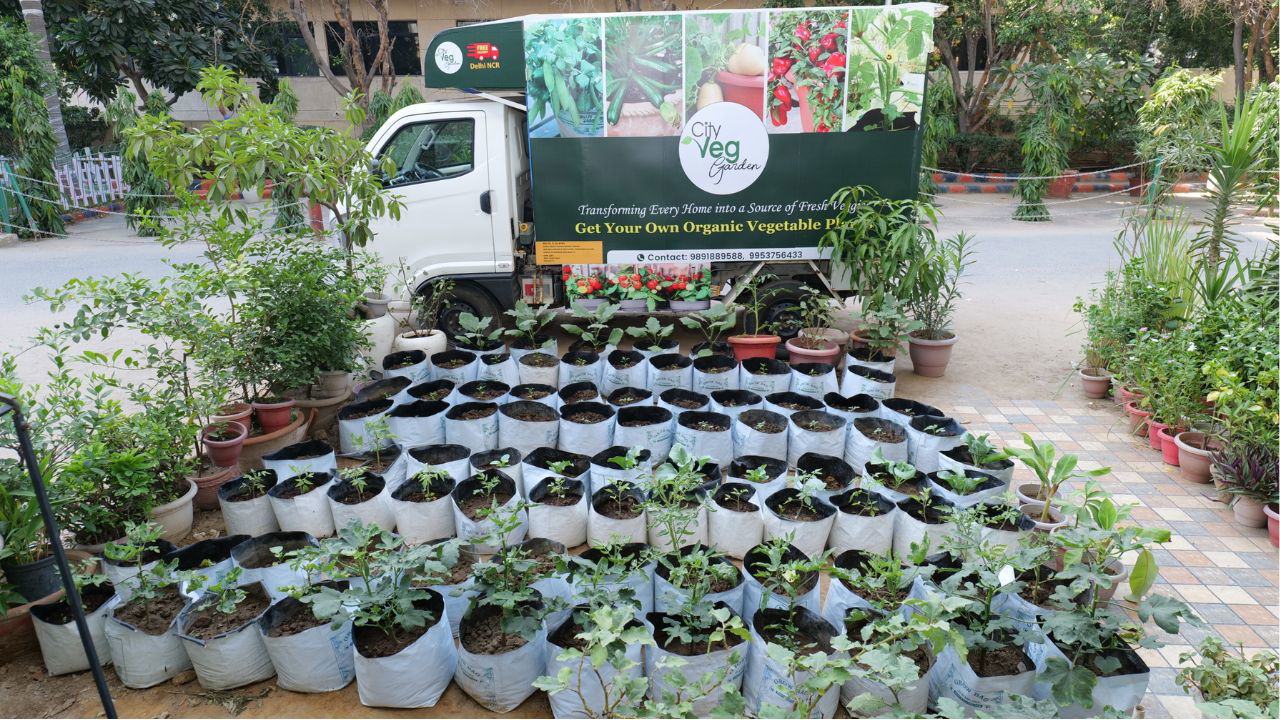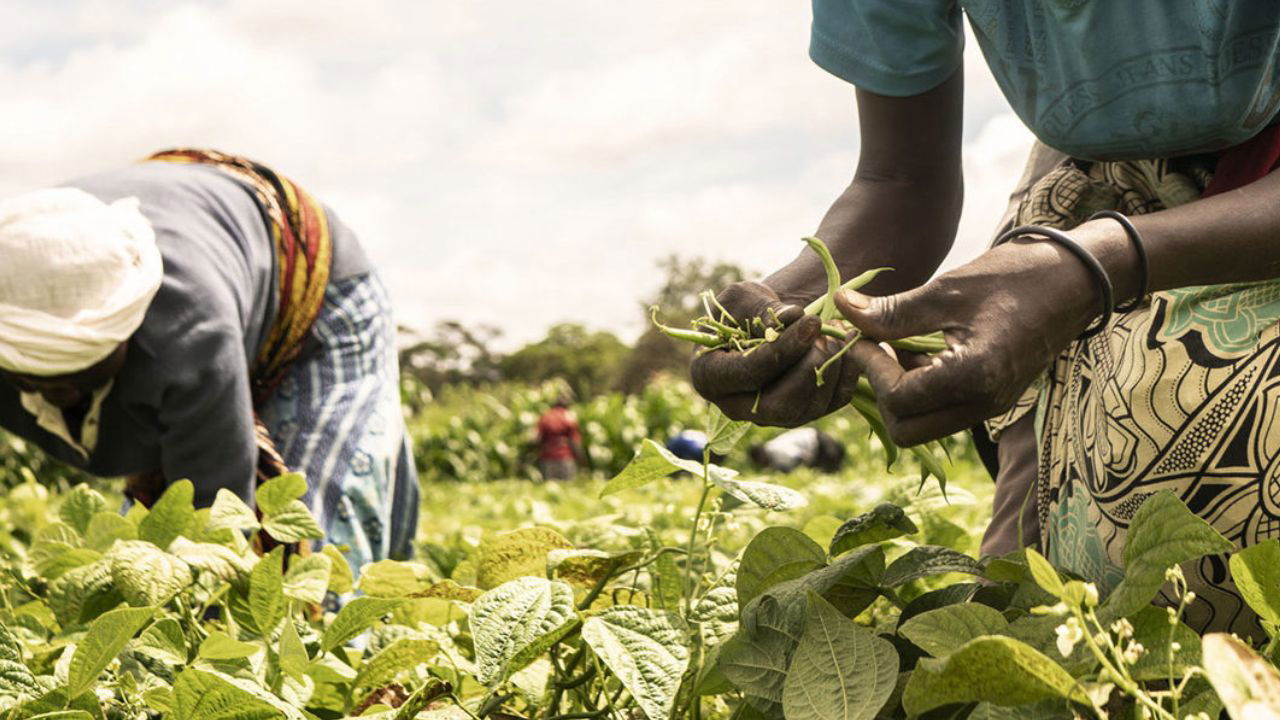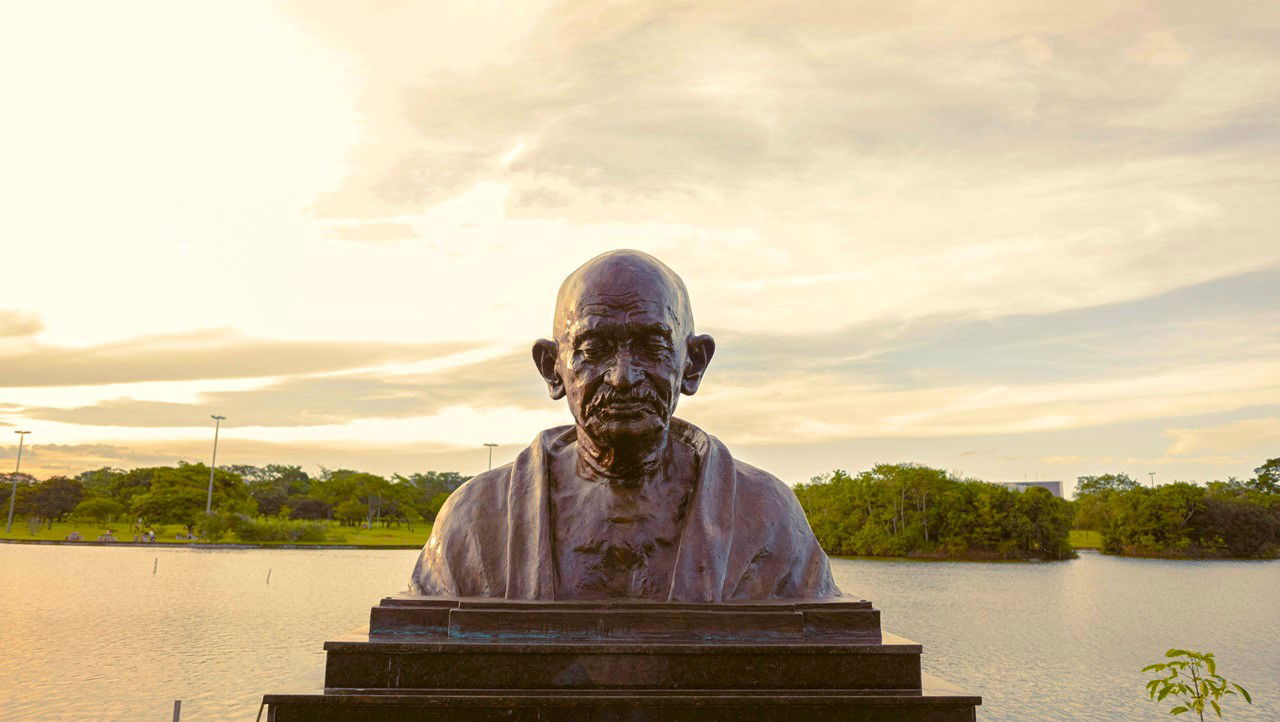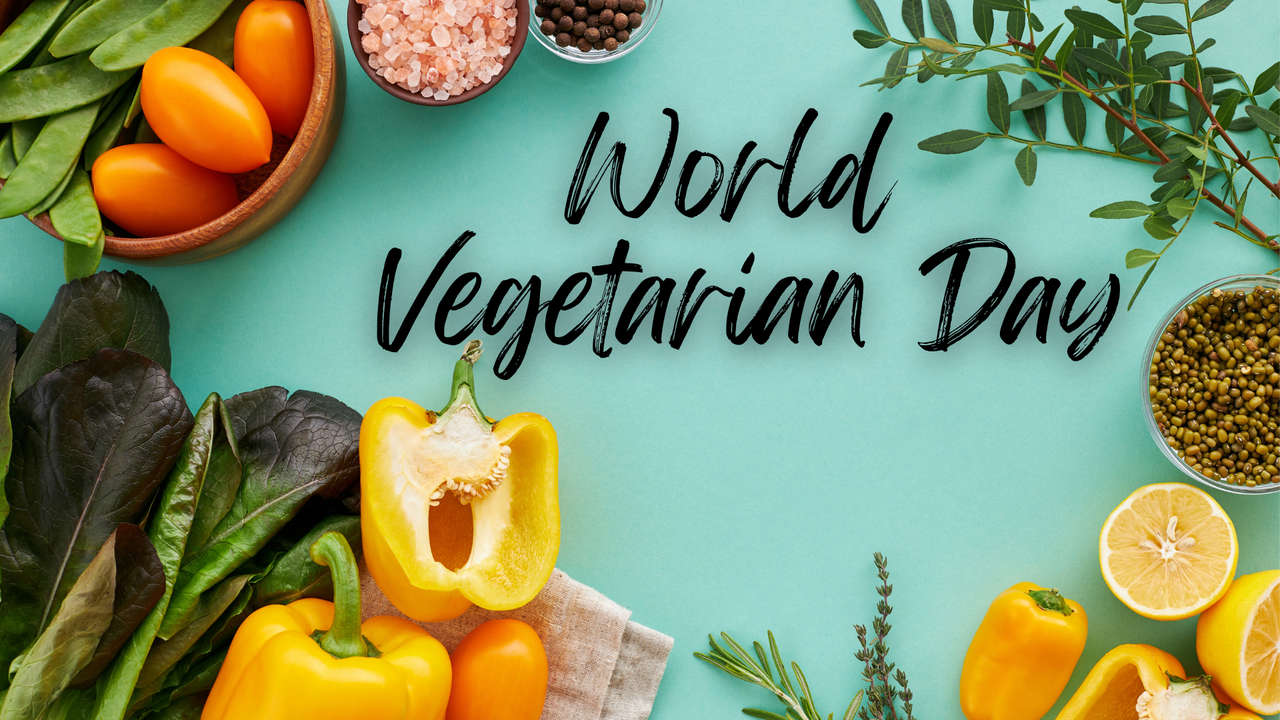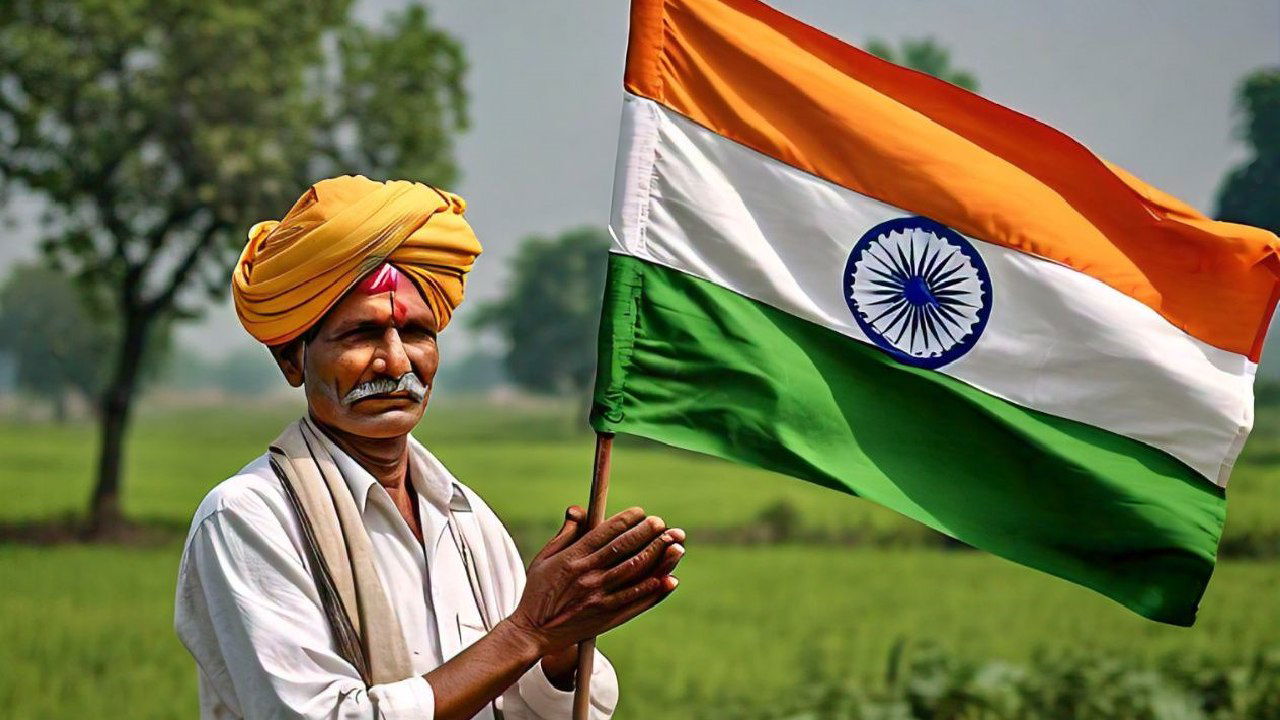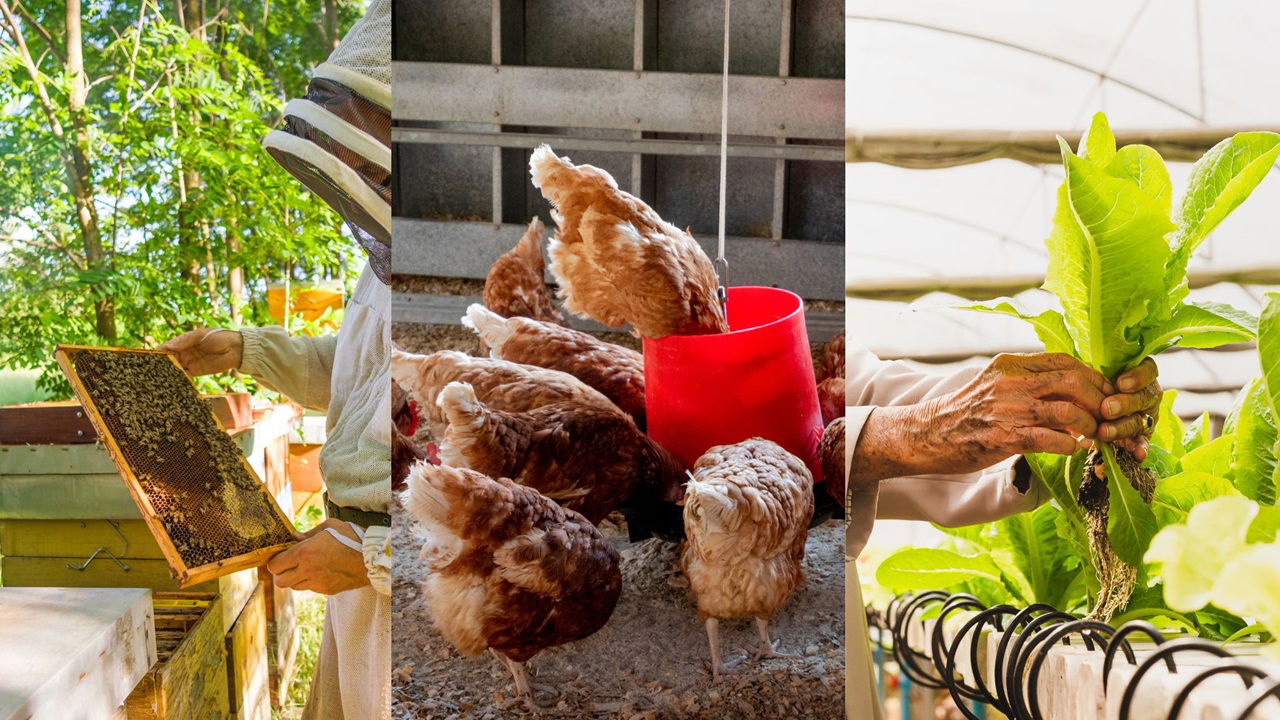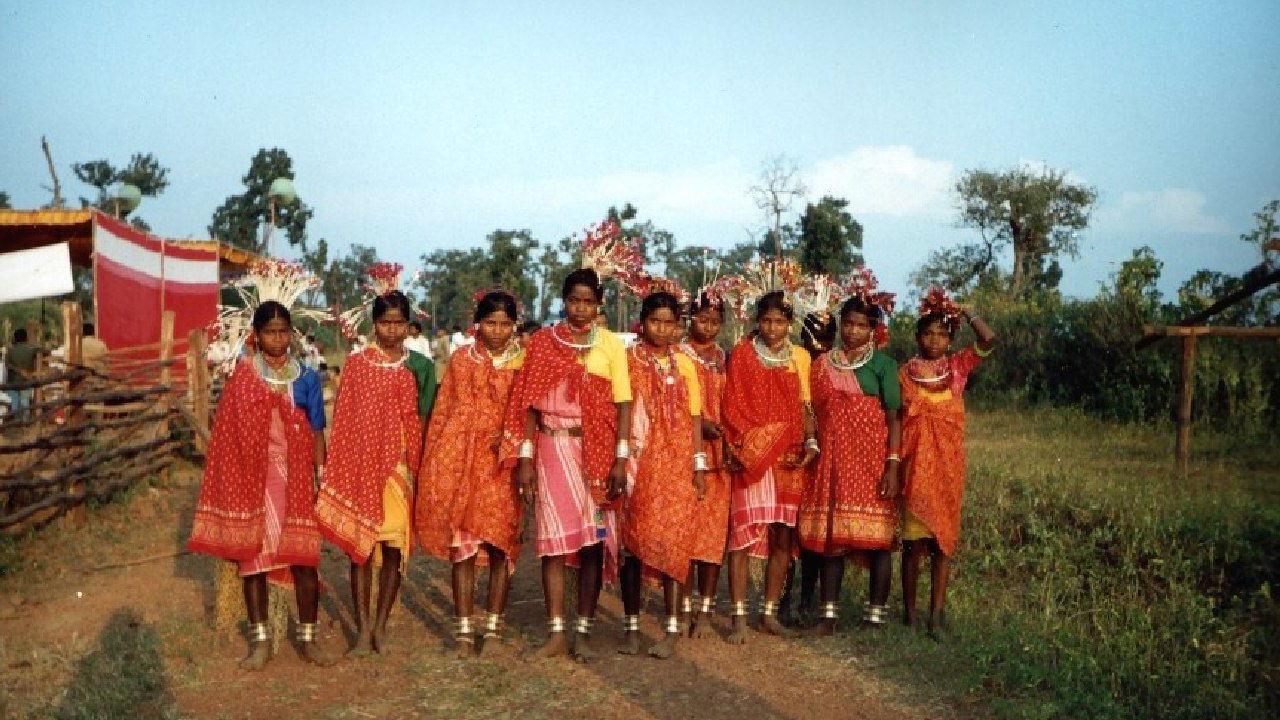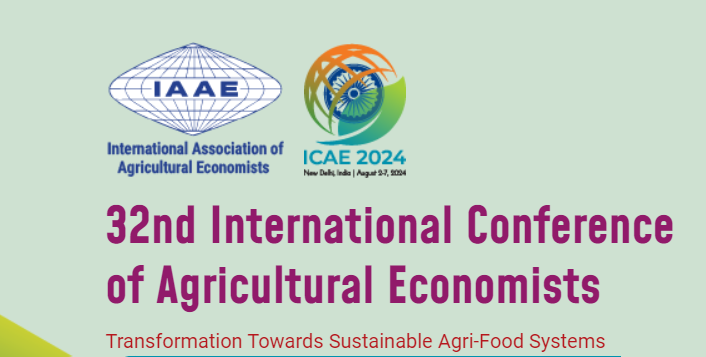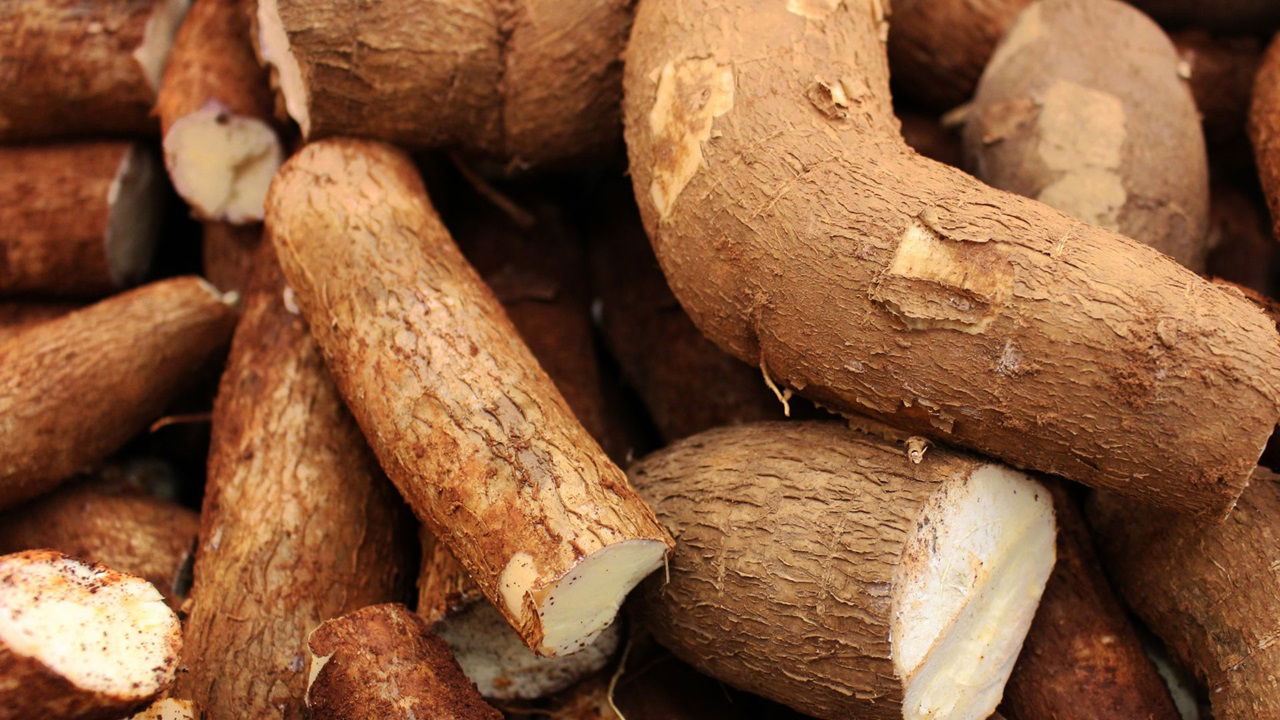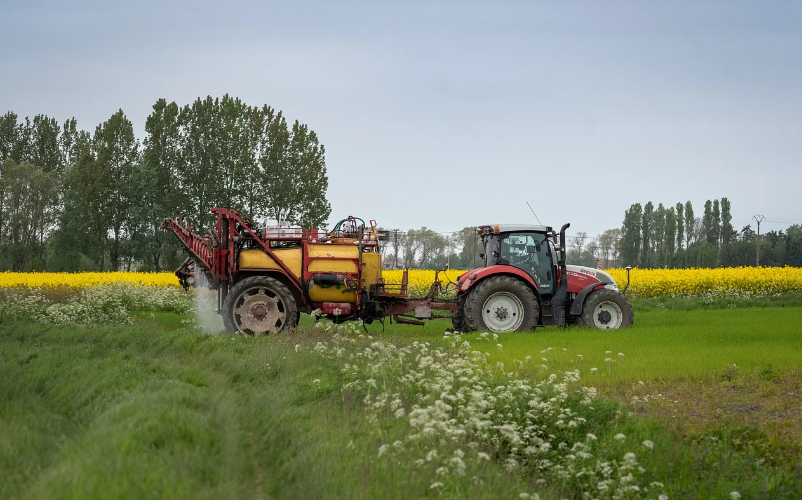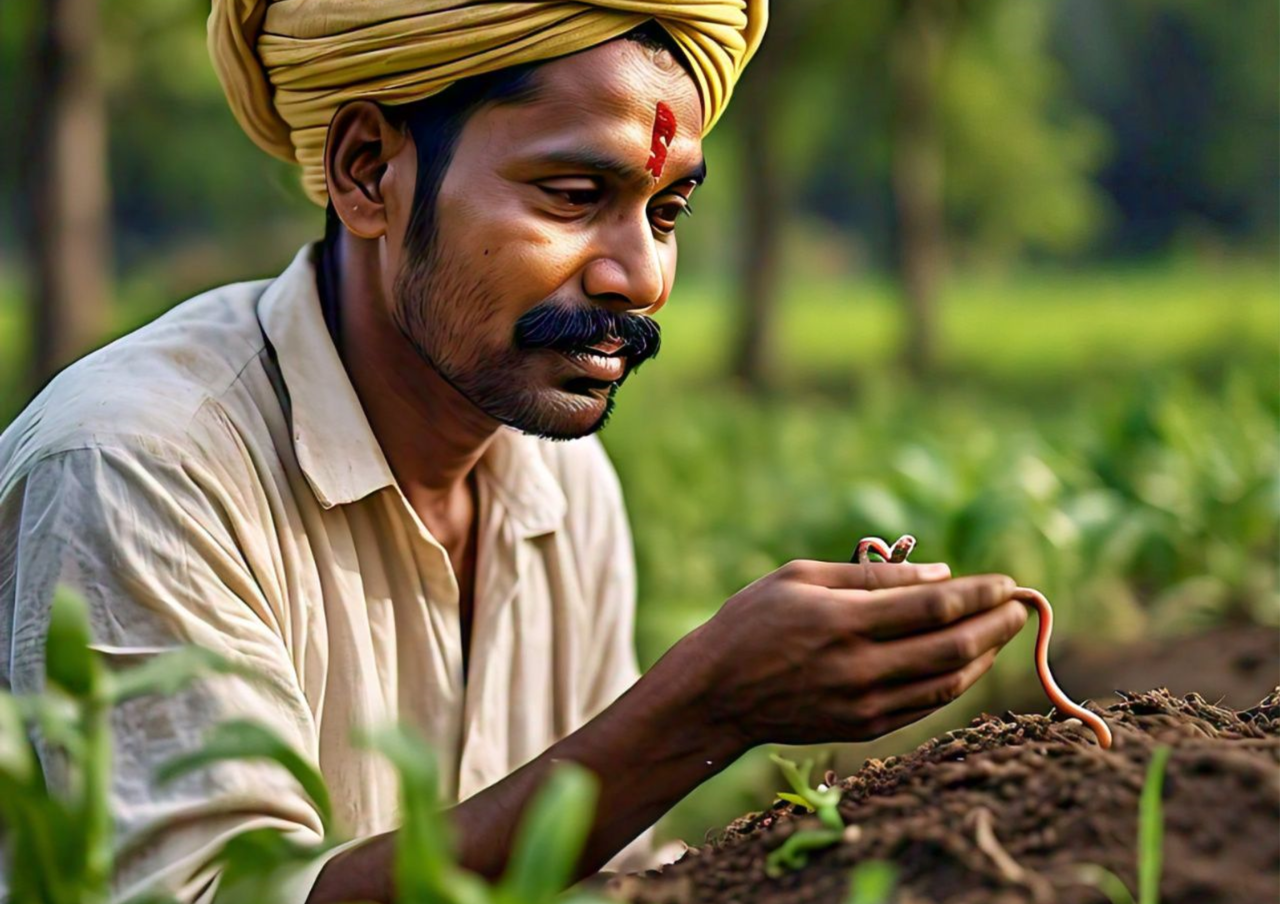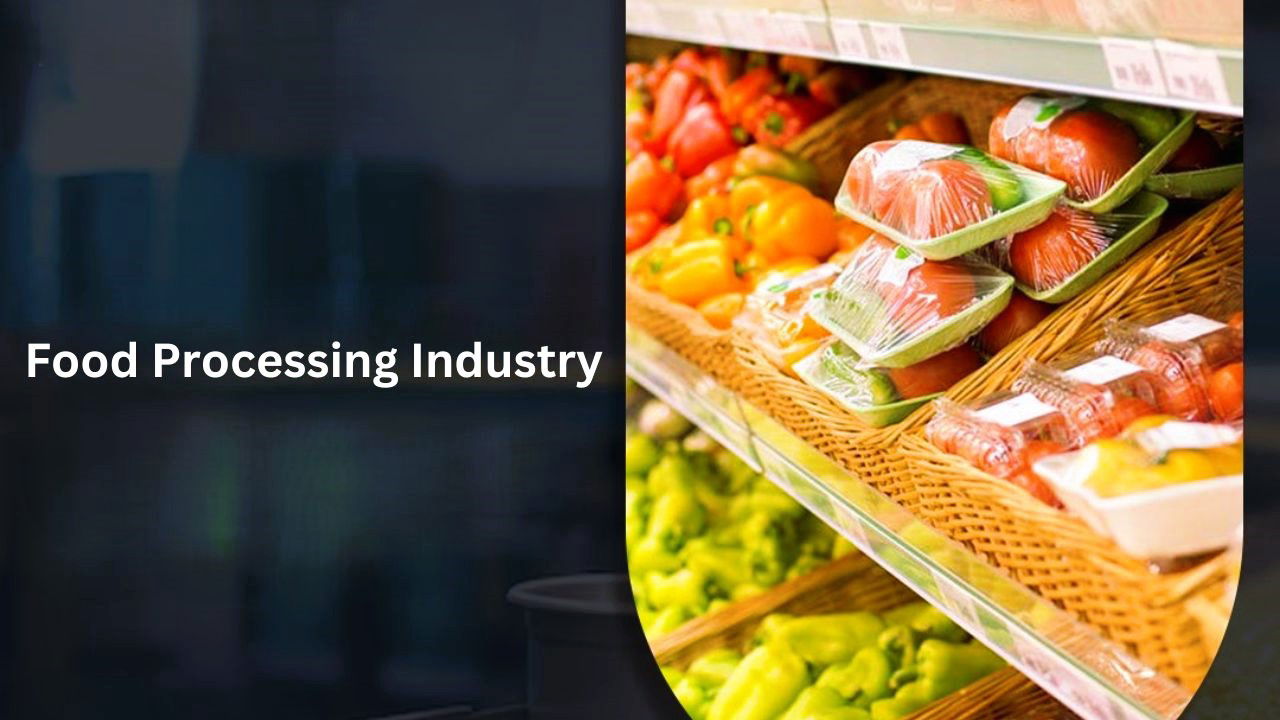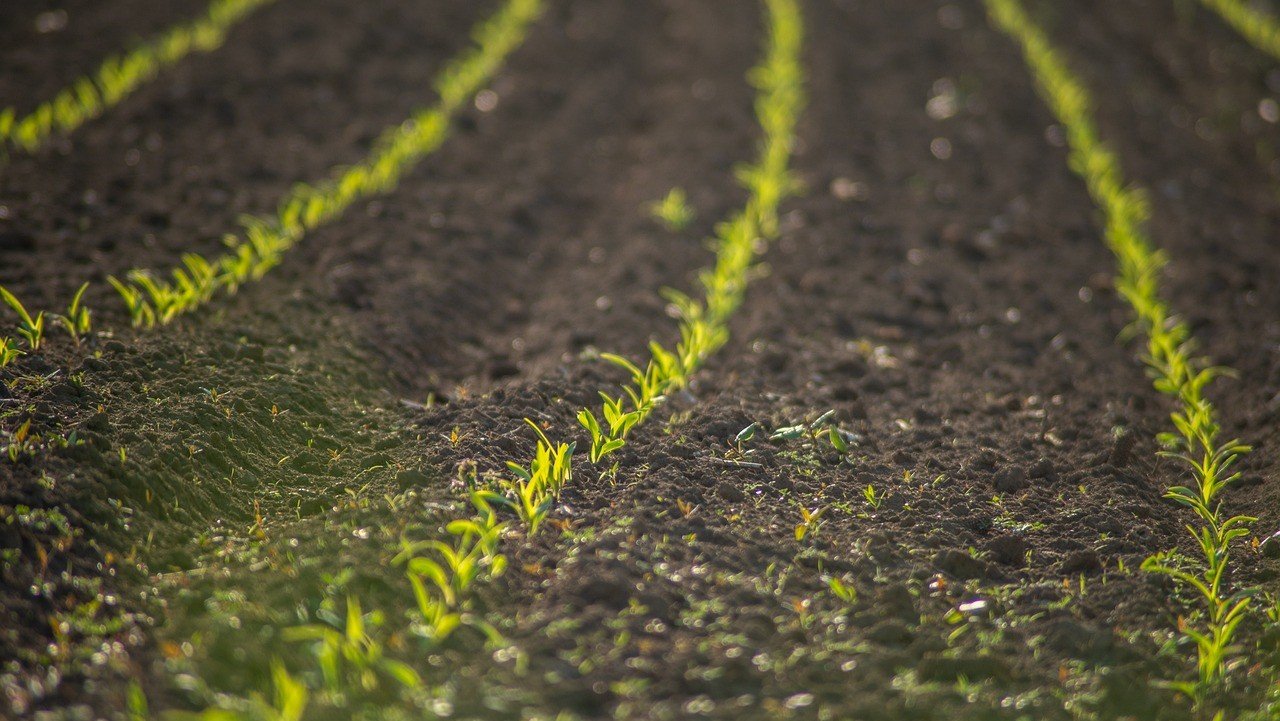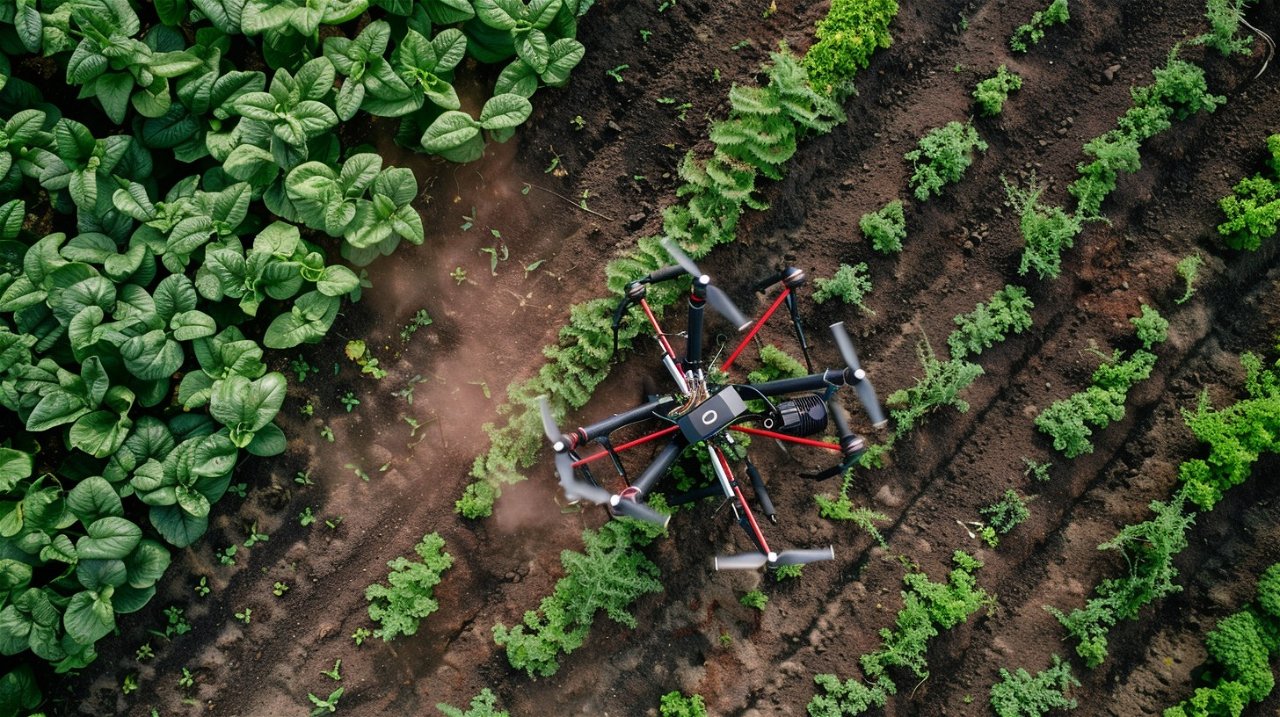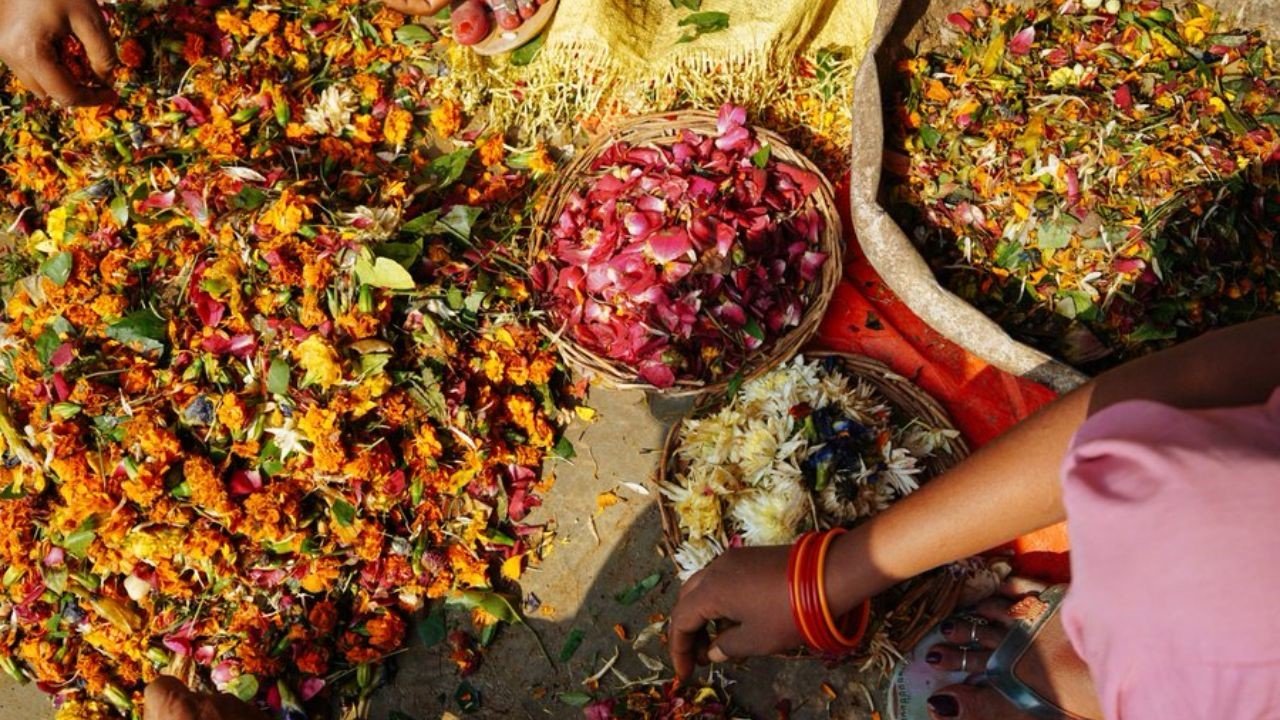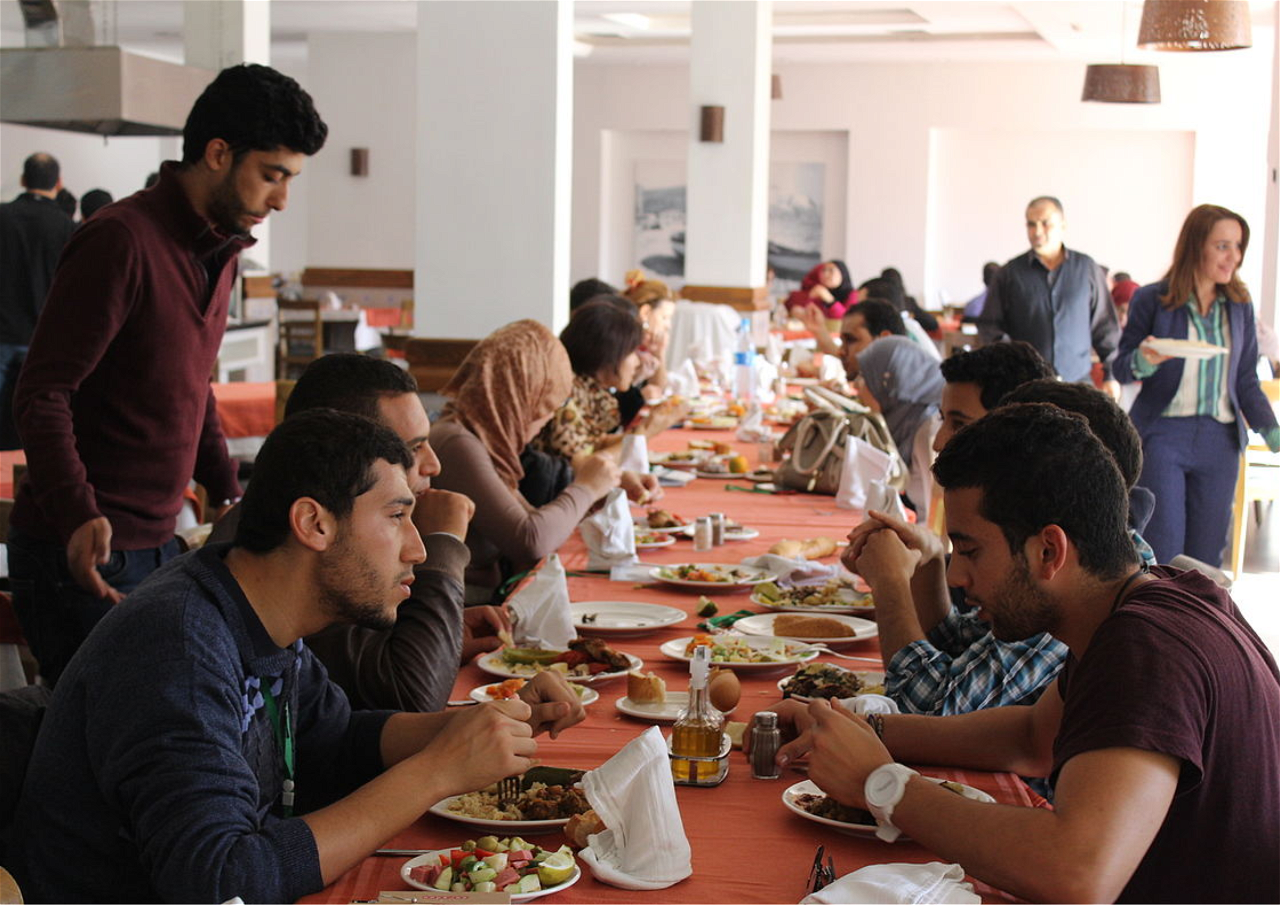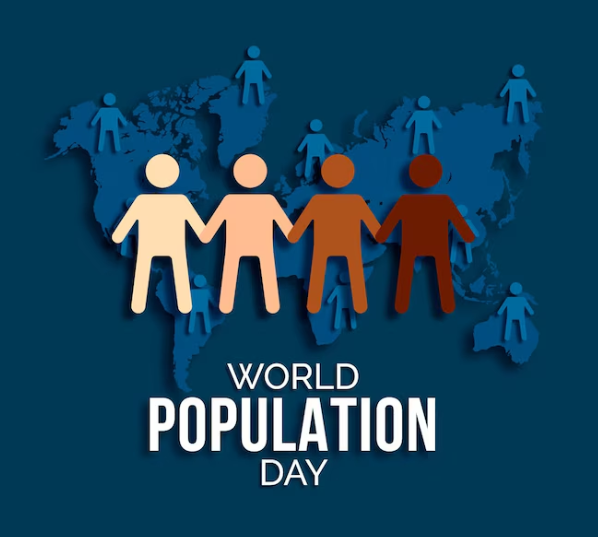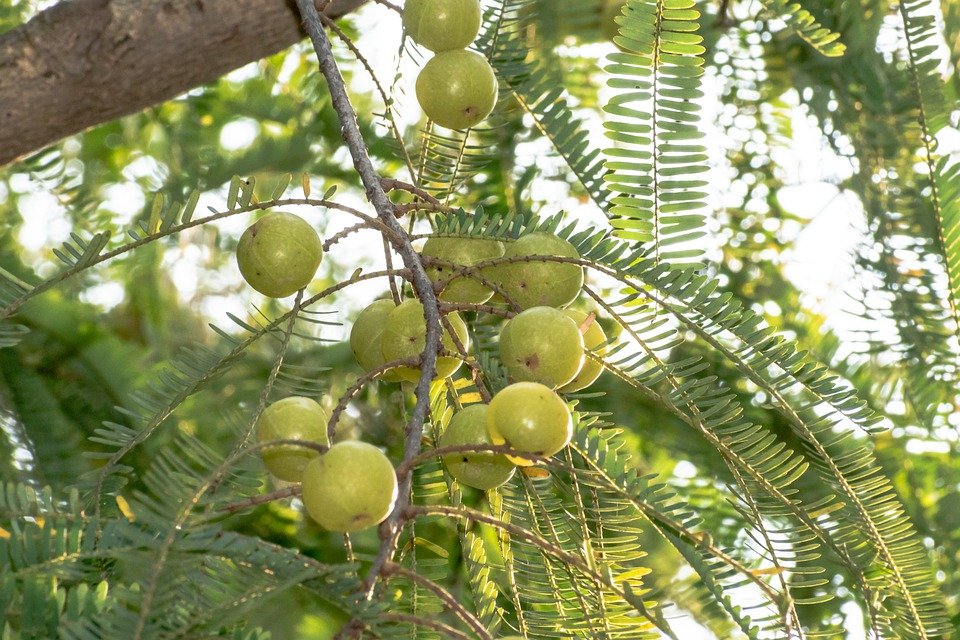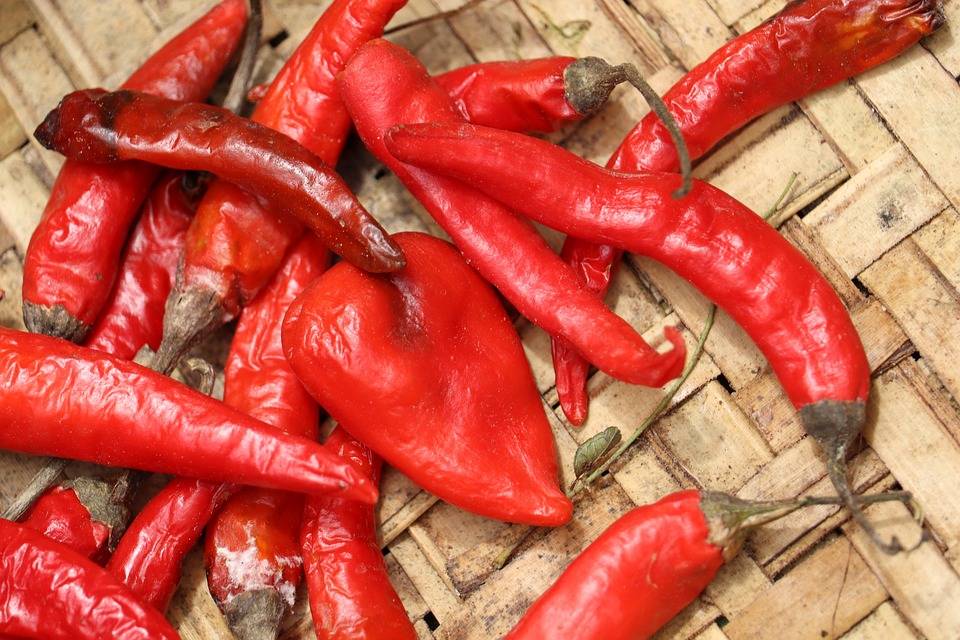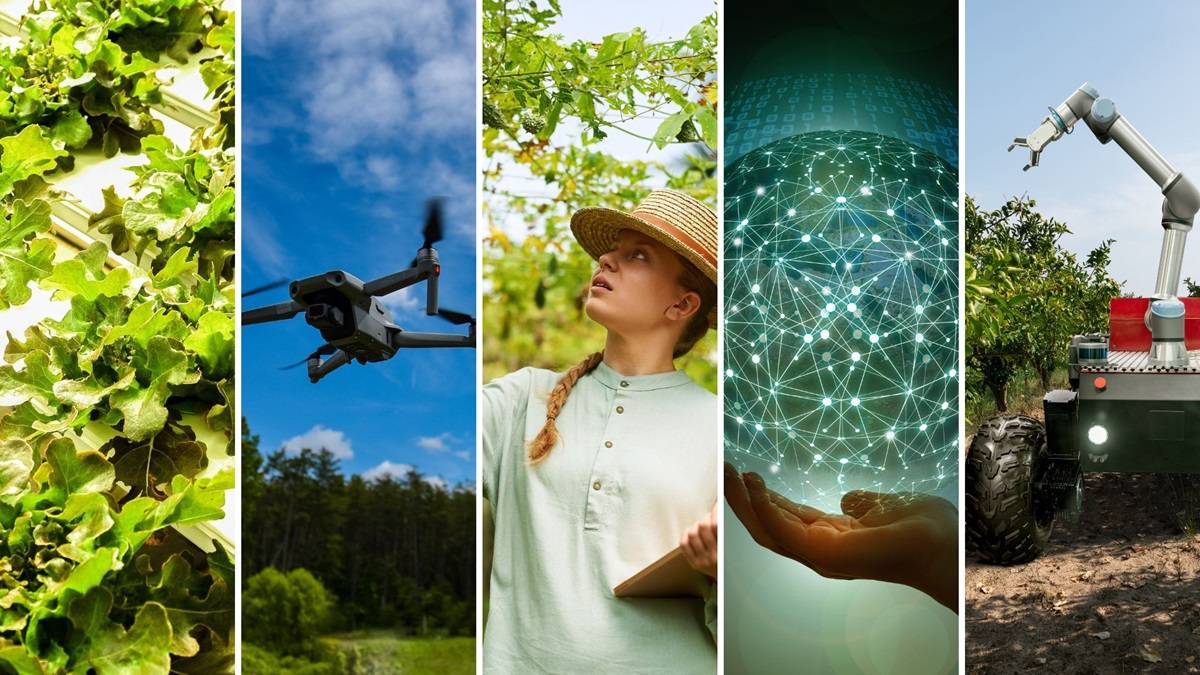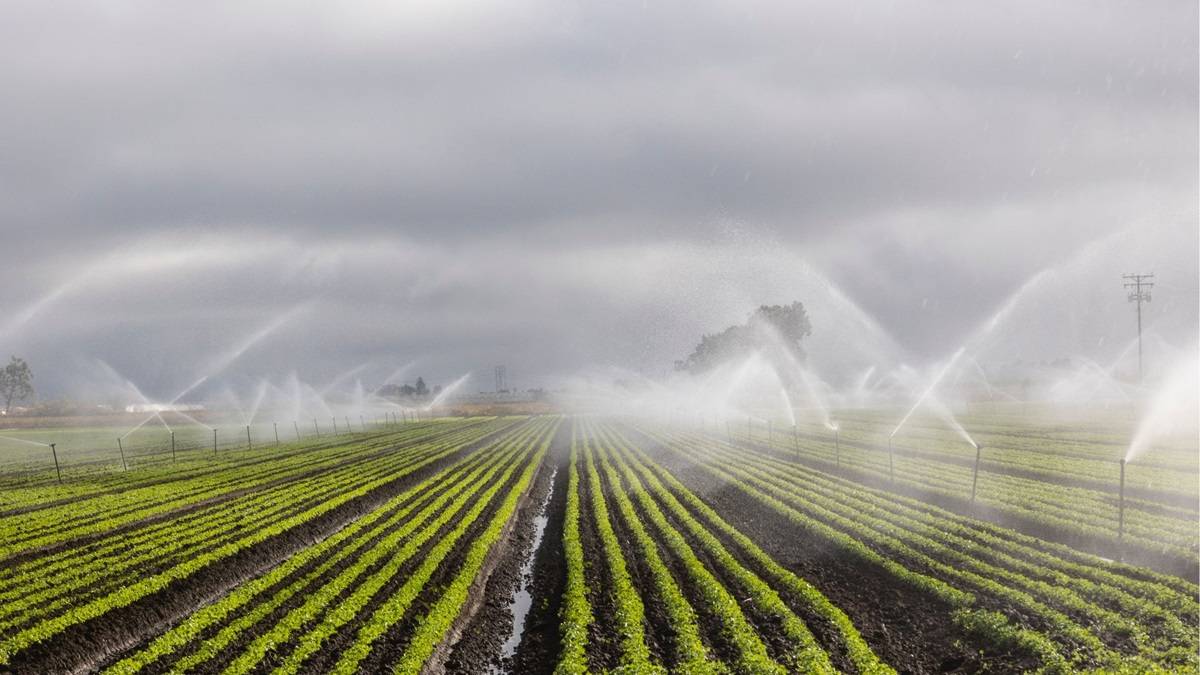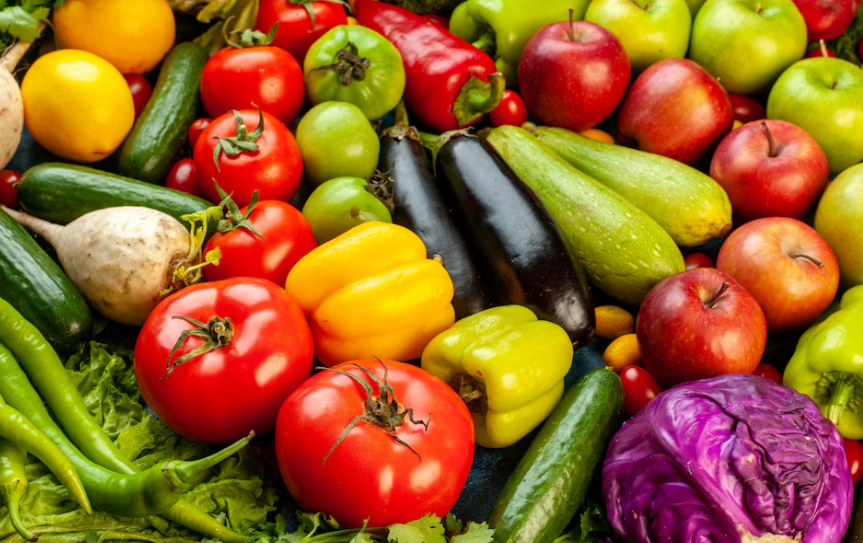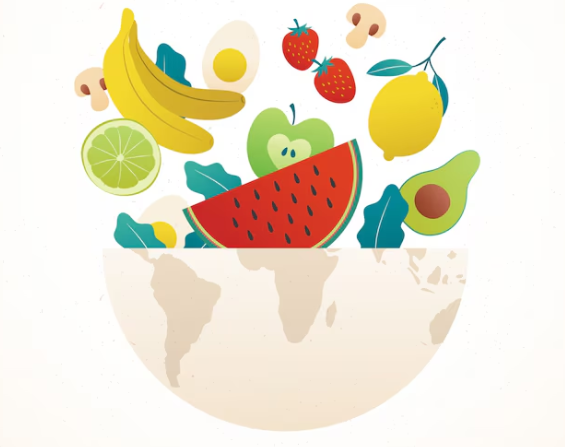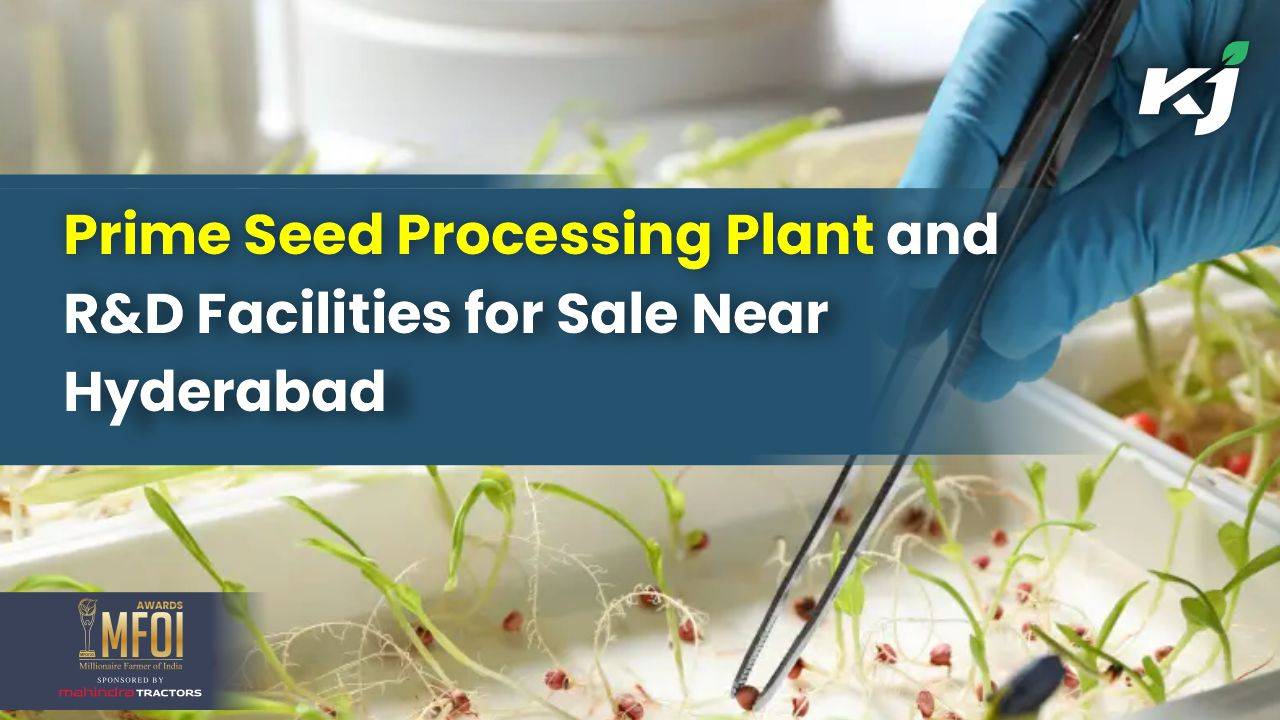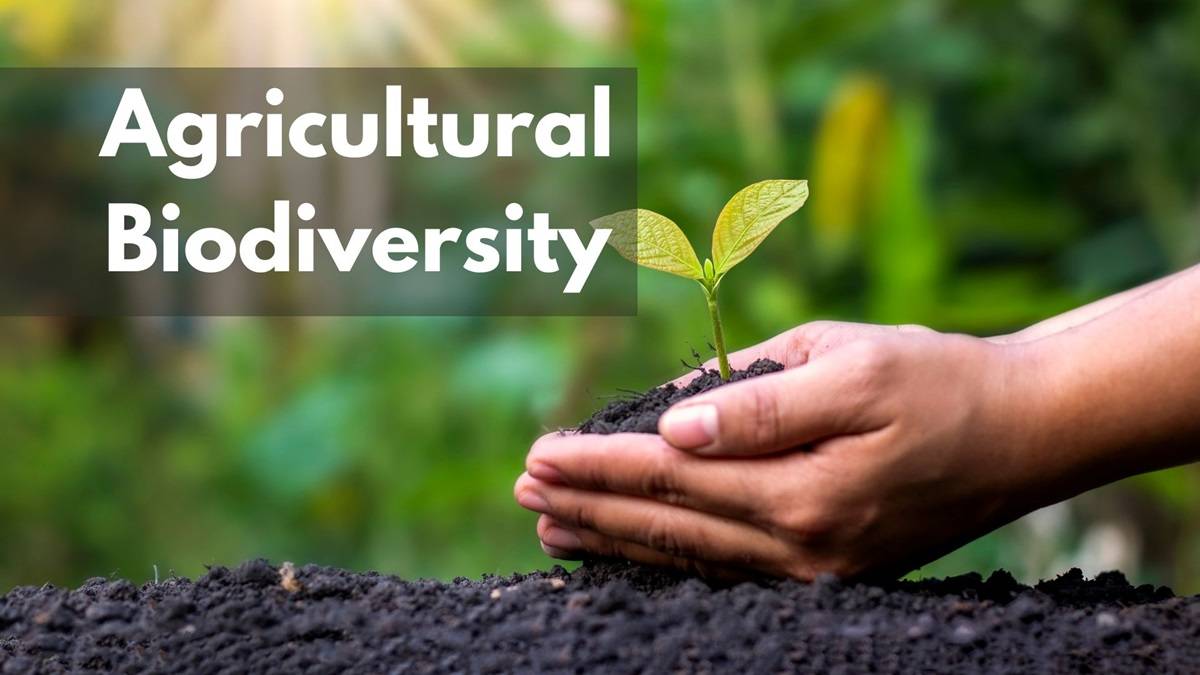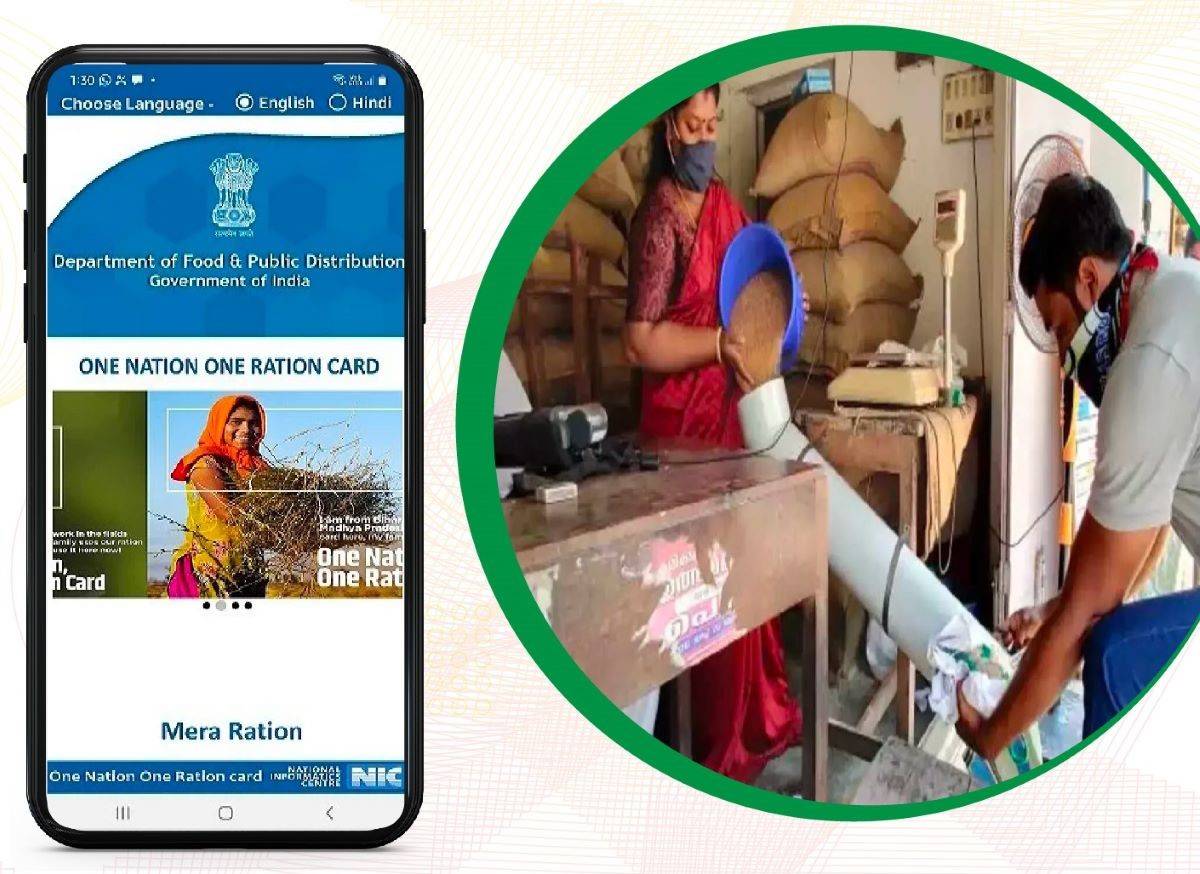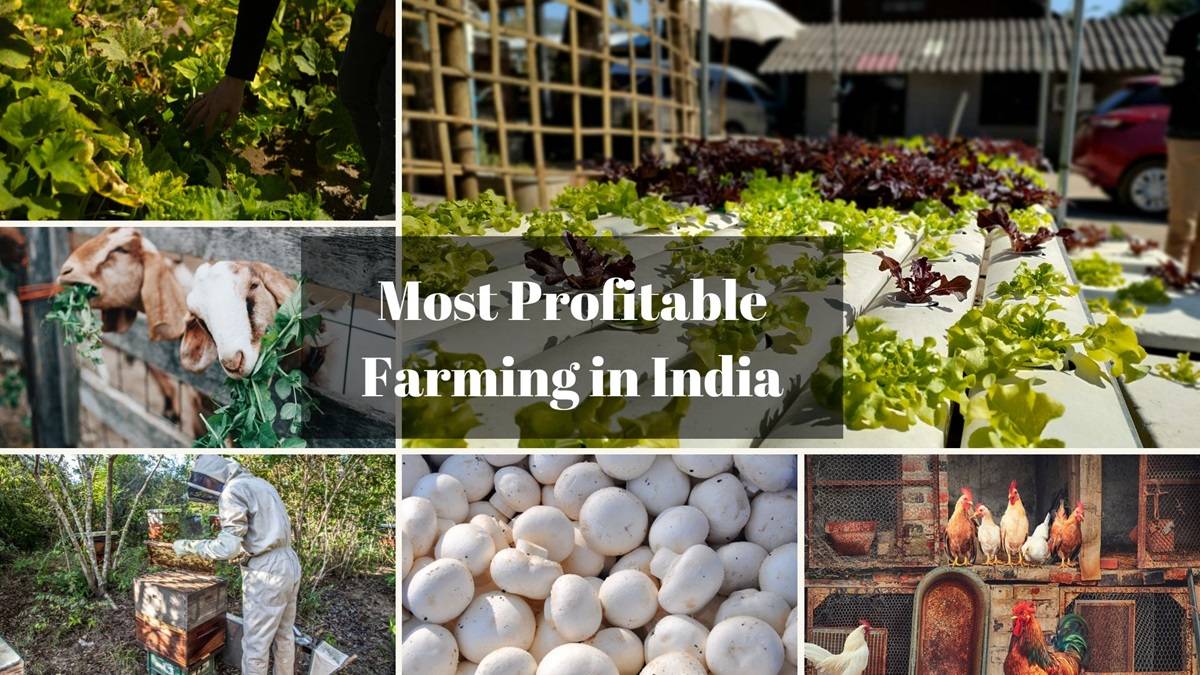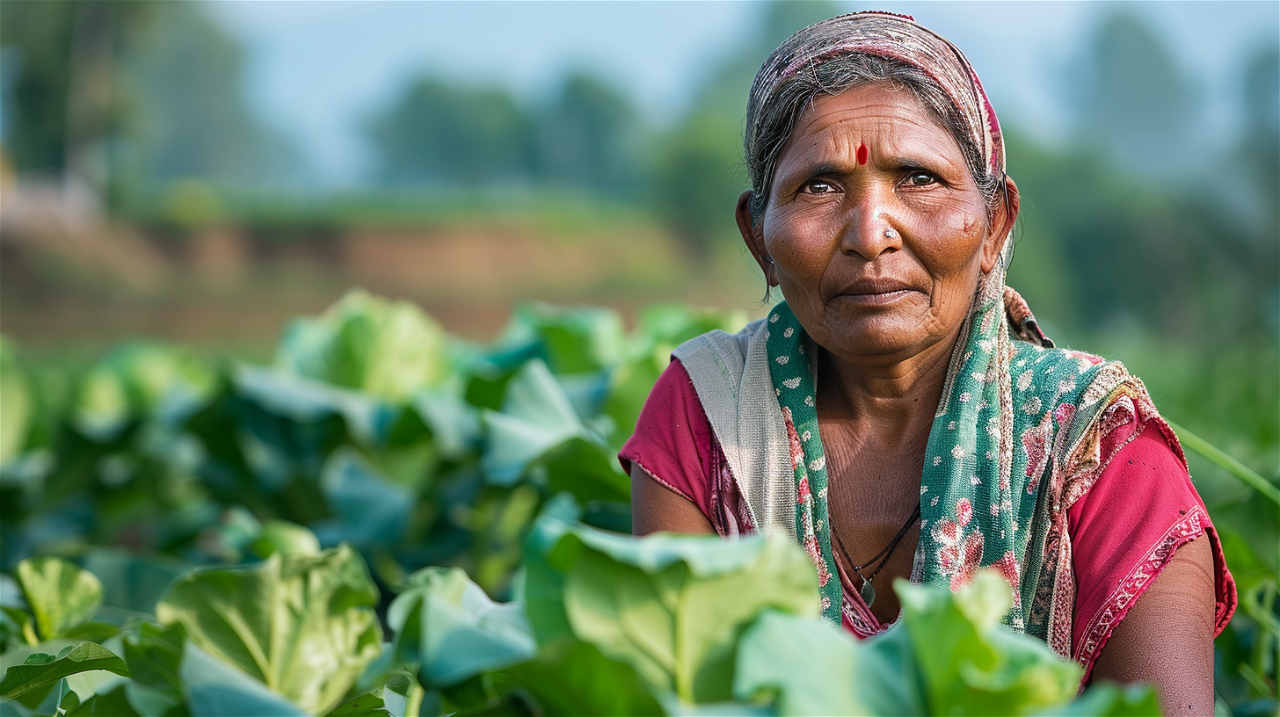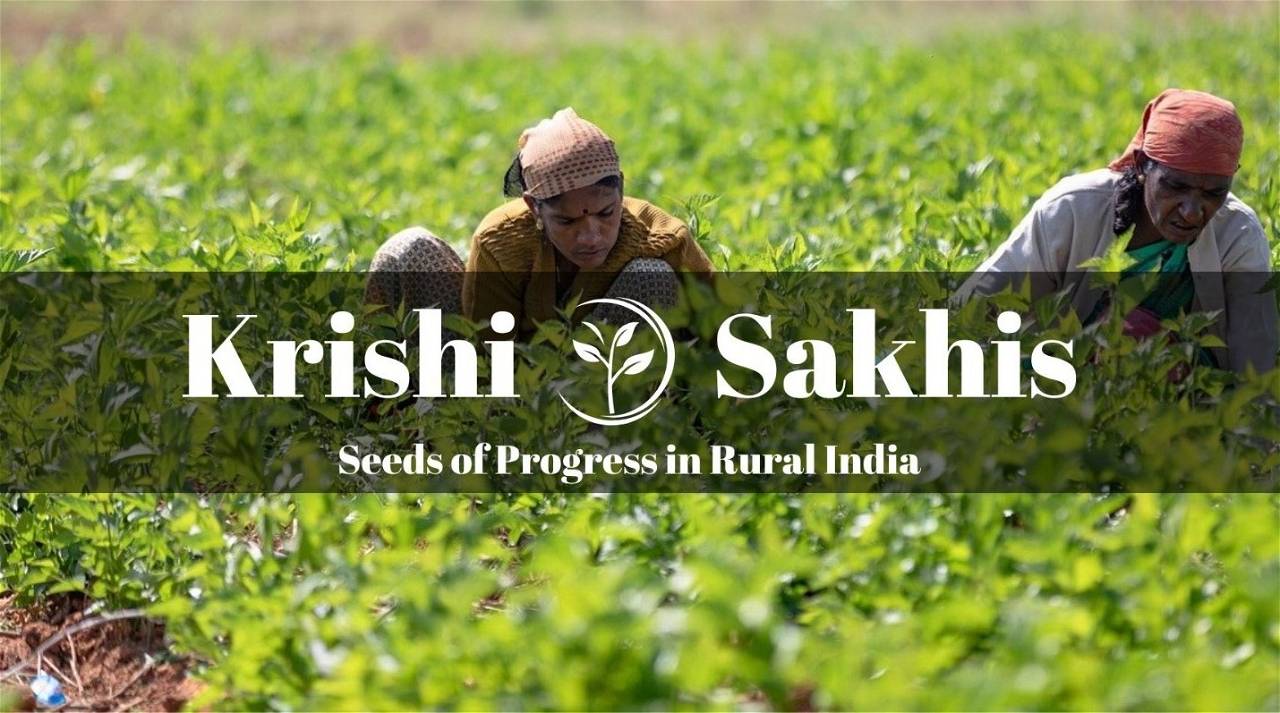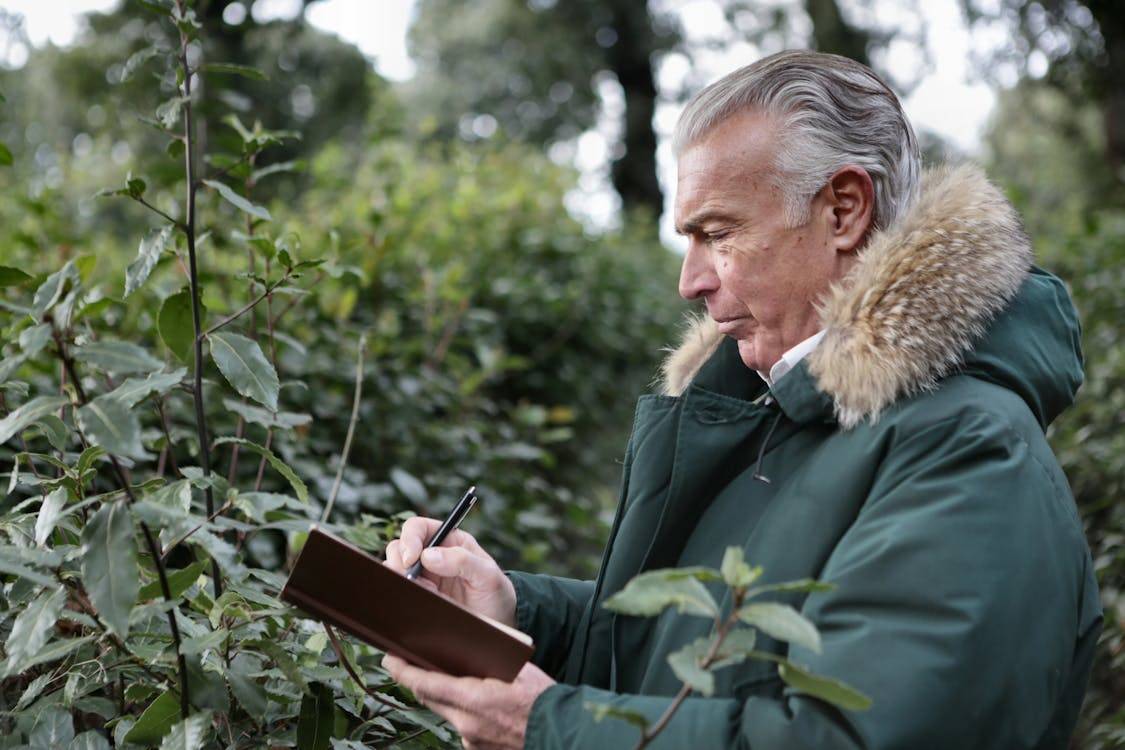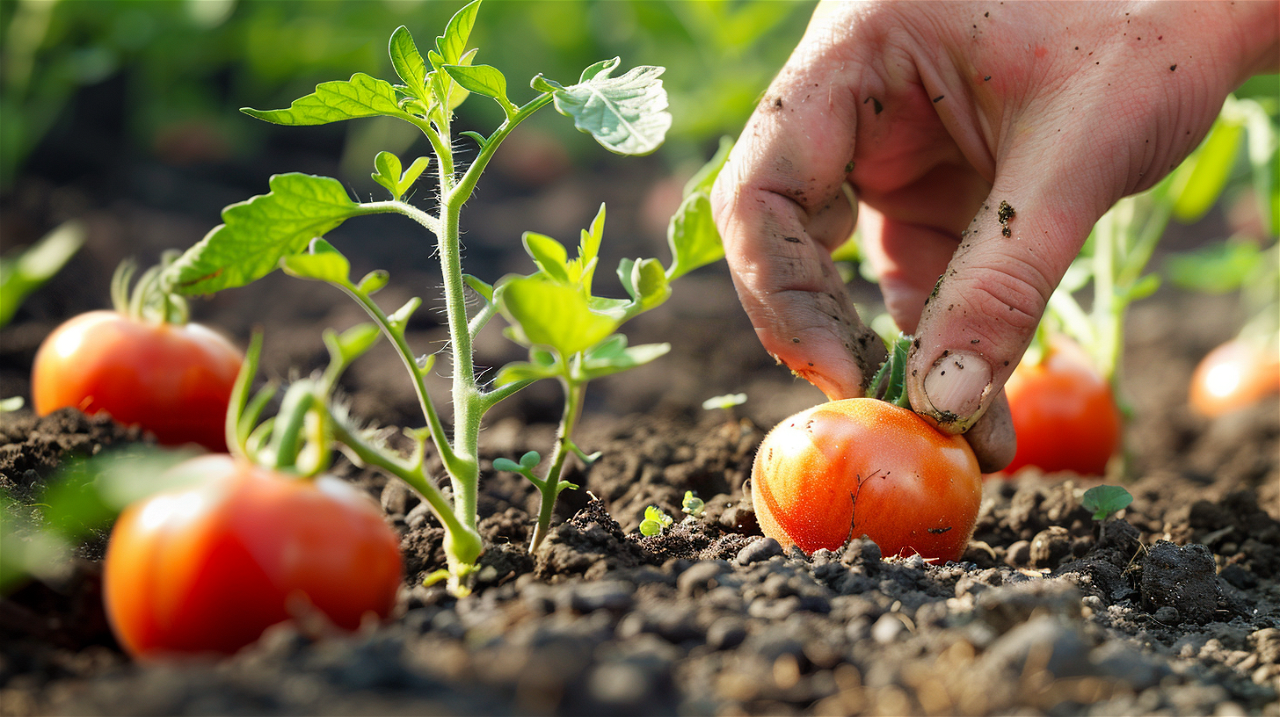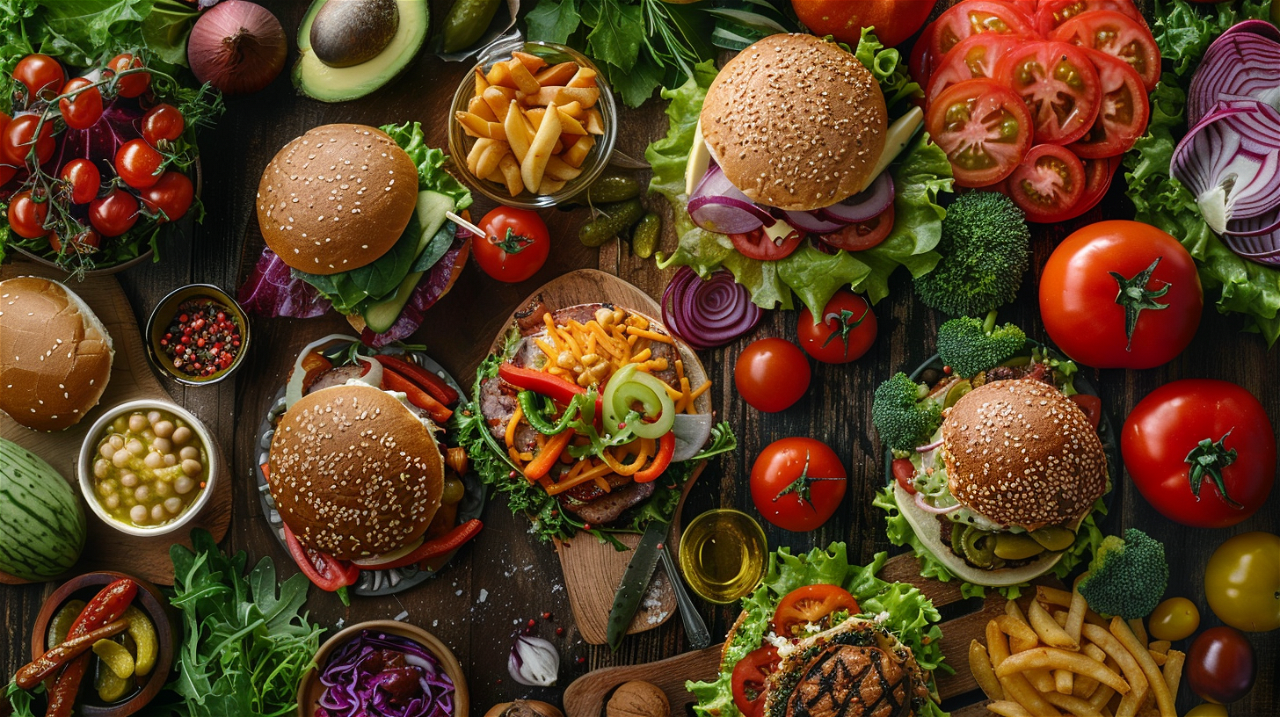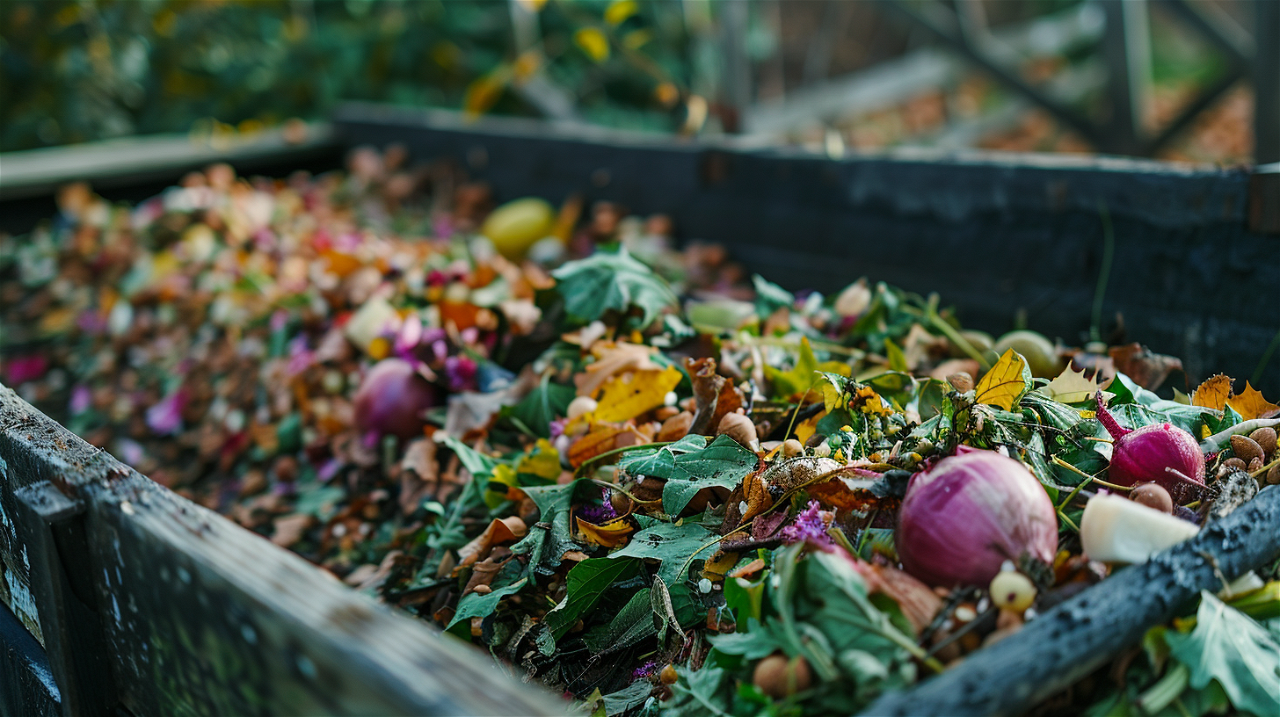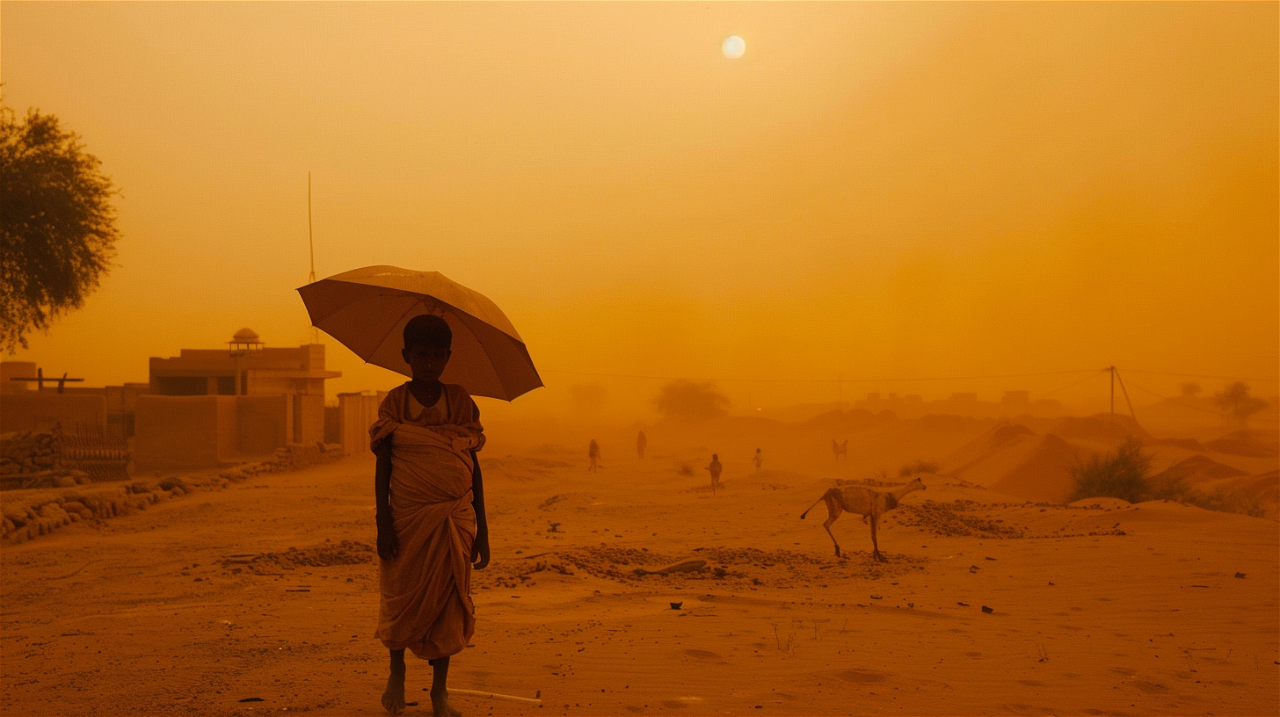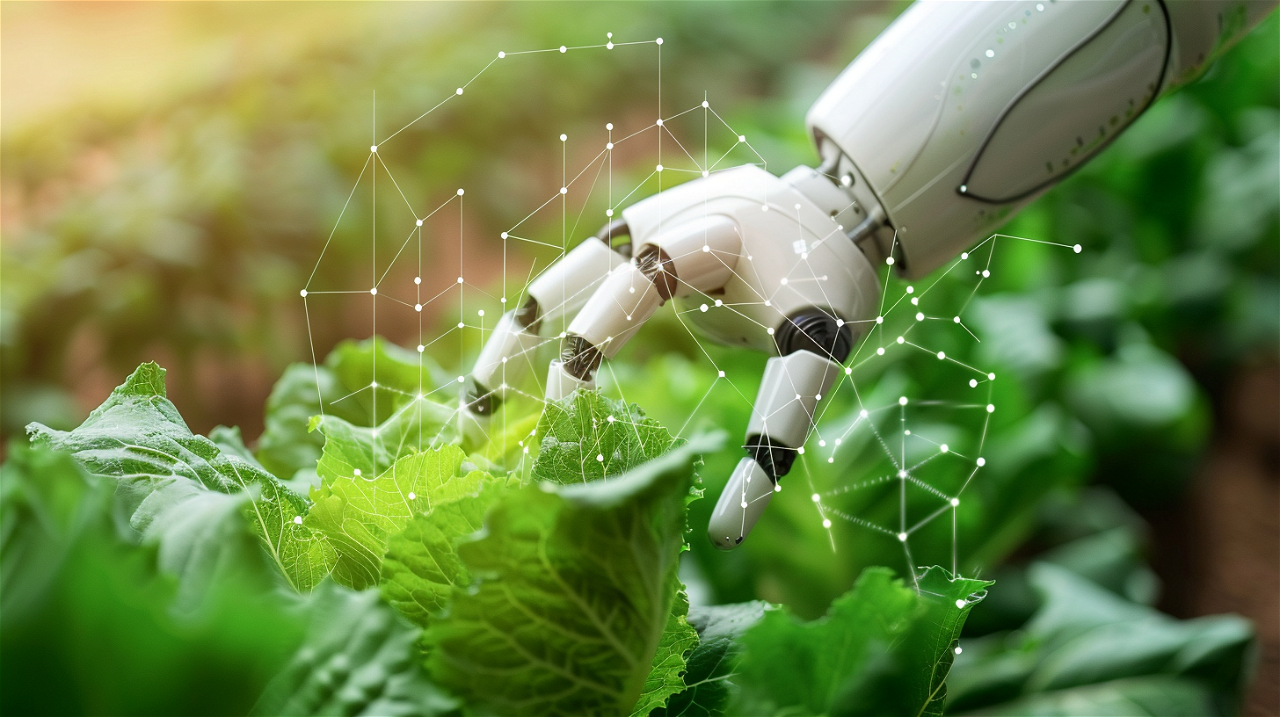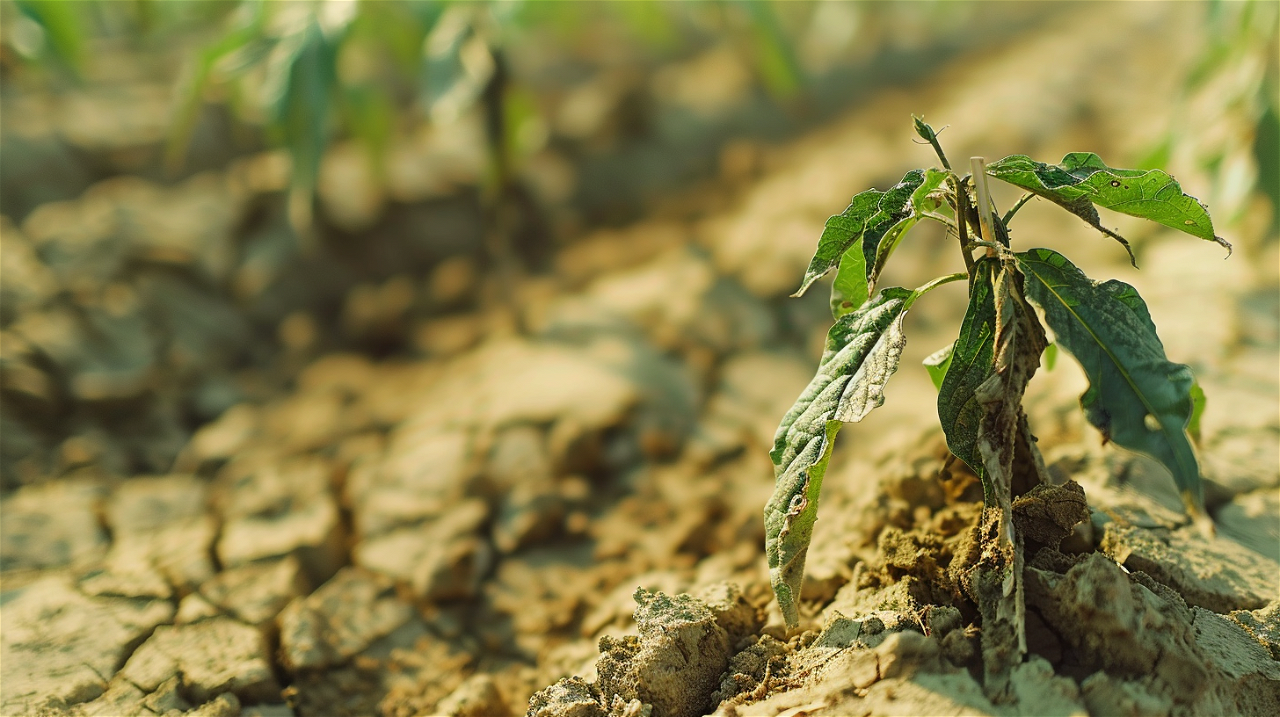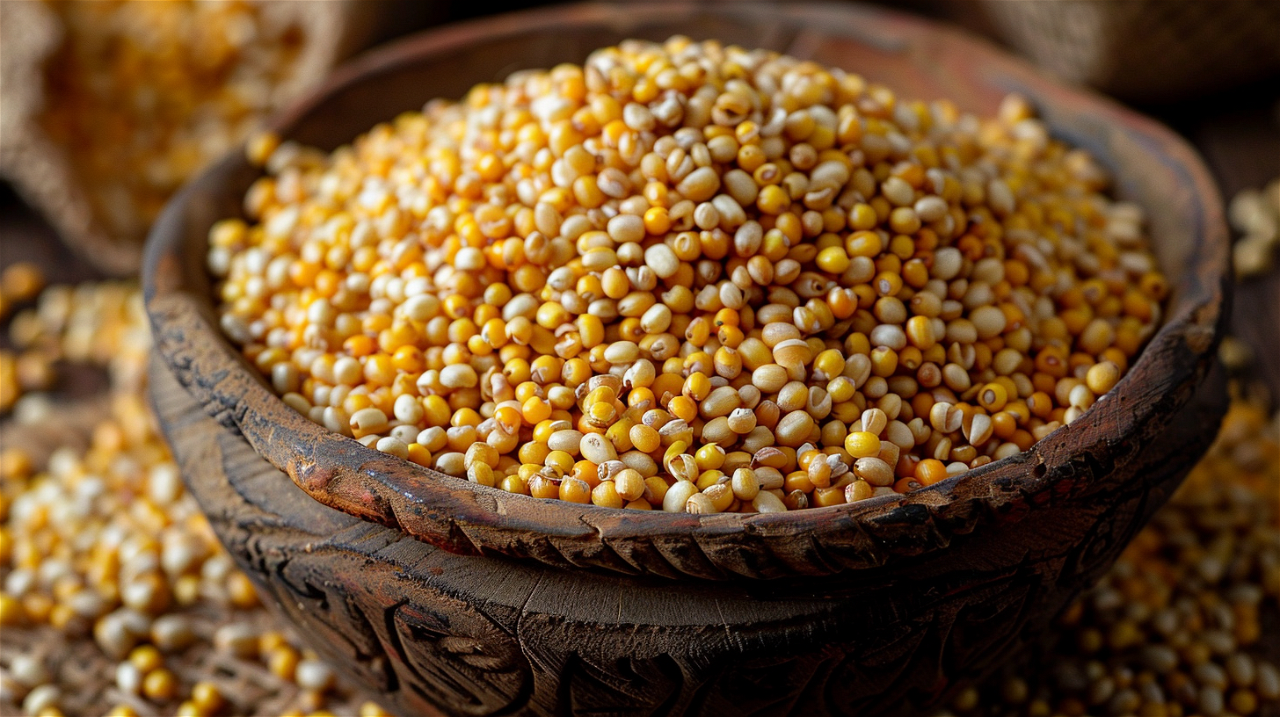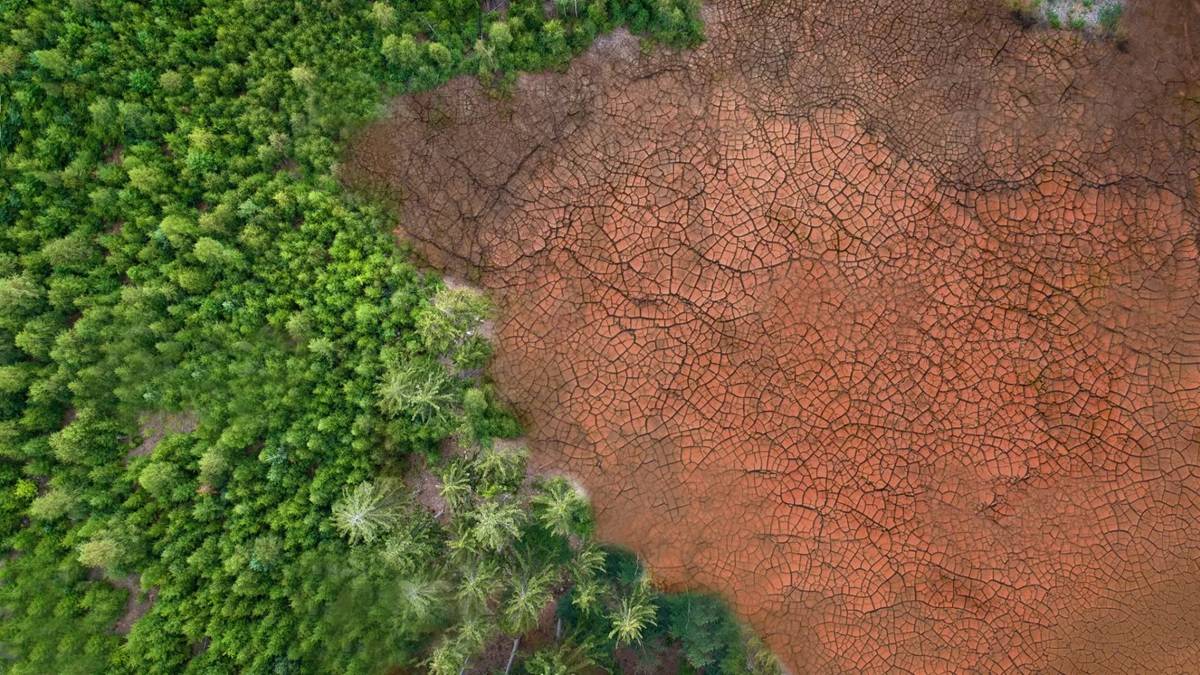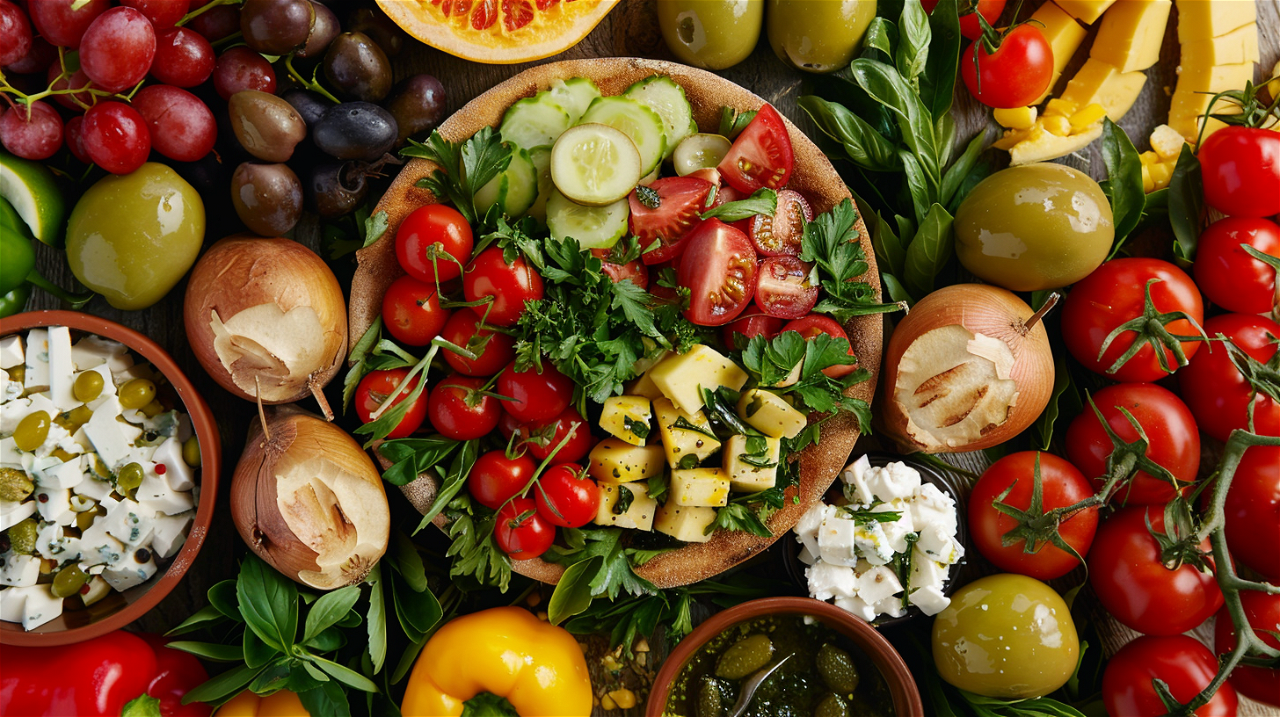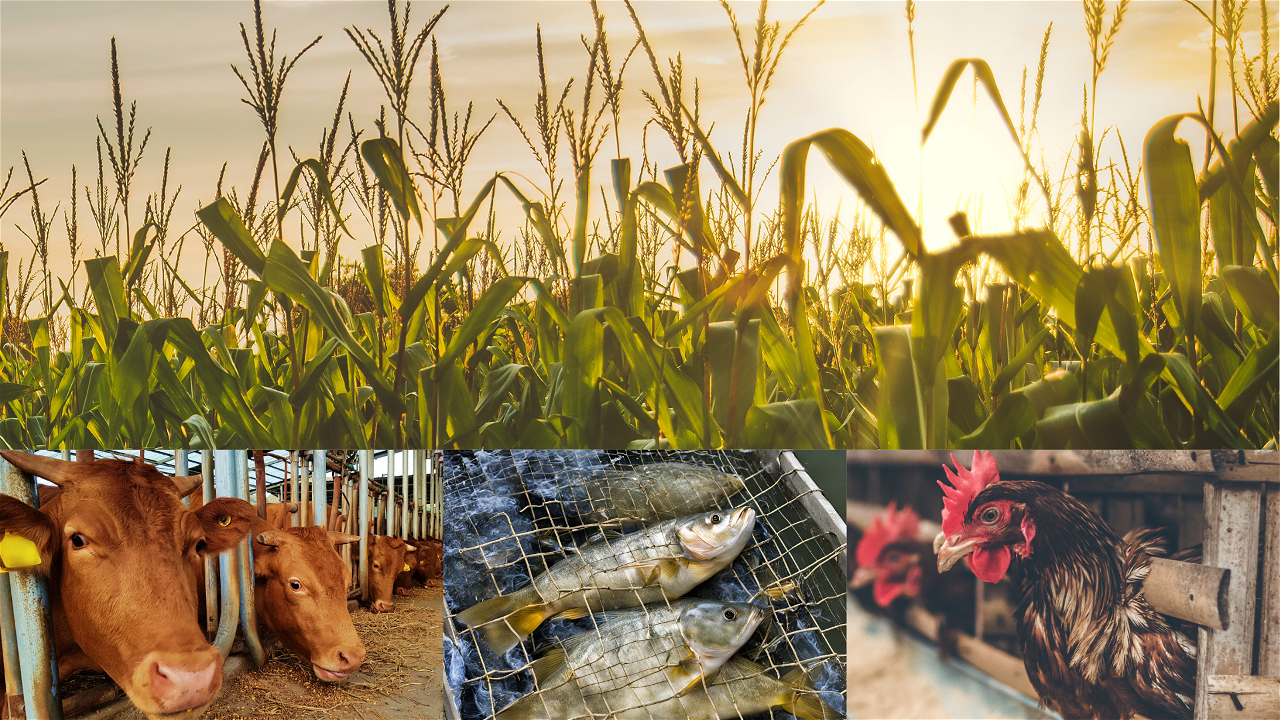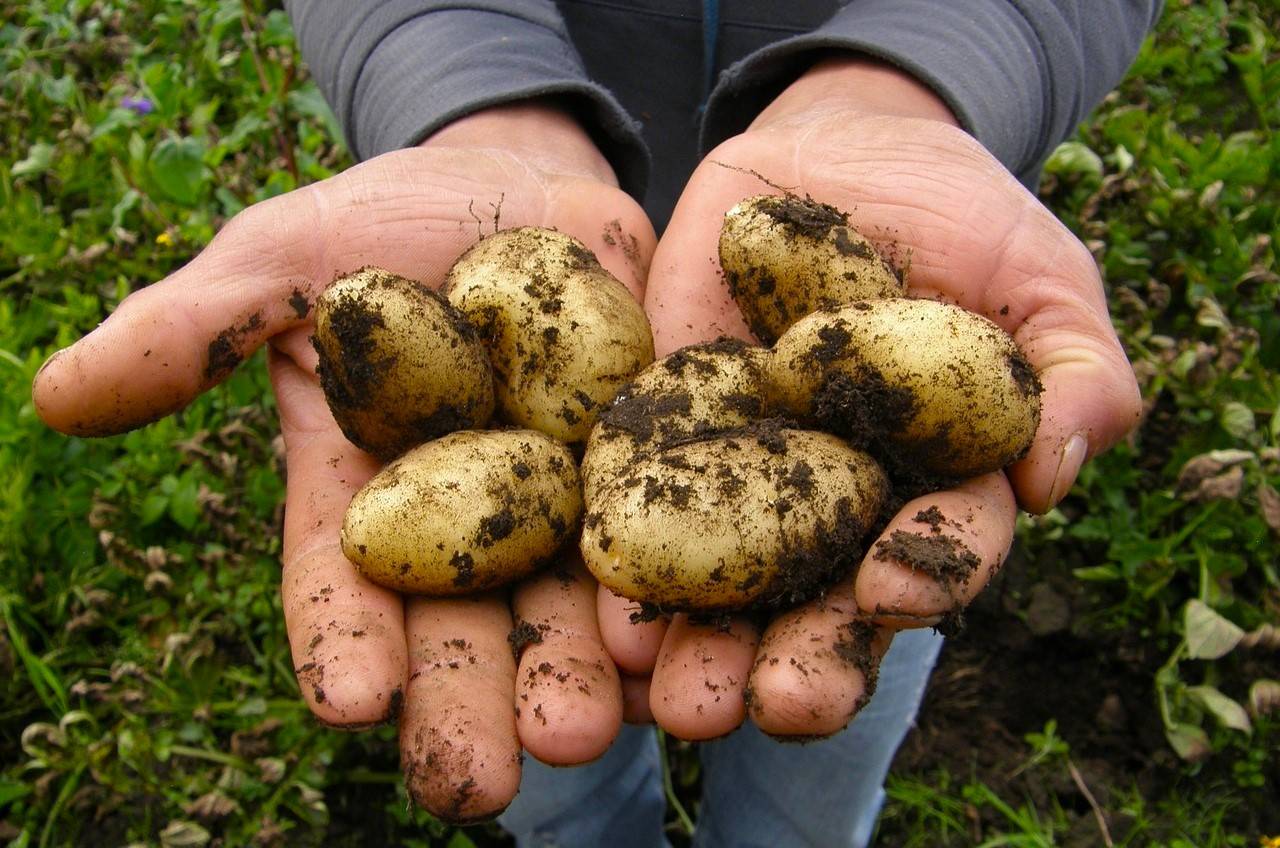
Reimagining Food Security in India: Building Resilient Food Systems for a Sustainable Future

Food Security- ‘ensuring that all people have access to sufficient, safe, and nutritious food to lead a healthy life’-is essential not only for public health but also for the sustainability of our environment. In India, where 195 million people are undernourished and 43% of children experience chronic undernutrition, food security remains a major challenge. As of 2024, India ranks a concerning 105th out of 127 countries on the Global Hunger Index (GHI) with a score of 27.3. This highlights the stark reality that millions of people, especially vulnerable communities, struggle to access the food they need.
State of Food Security in India
The country faces numerous hurdles, including low agricultural productivity, climate change, water scarcity, and widespread socio-economic inequality. For instance, erratic weather patterns, soil degradation, and inadequate infrastructure all contribute to the growing food insecurity crisis. But in these challenges lie opportunities- opportunities to transform food systems in a way that not only improves nutrition and health but also creates a sustainable future for our planet and its people.
Addressing food security in India will require a collective effort to tackle these systemic issues and create a more resilient, equitable, and sustainable food system. By focusing on solutions that prioritize both human well-being and environmental health, we can work towards a future where everyone has access to the food they need, no matter where they live or what their income is.
Key Challenges to Food Security:
1. Population Pressure: With over 1.3 billion people, India faces immense pressure to meet the growing demand for food. The agricultural sector is struggling to keep pace with population growth, which intensifies the need for sustainable practices to ensure food availability.
2. Agricultural Productivity: Low productivity, due to fragmented land holdings, outdated farming techniques, and inadequate access to technology, severely hampers India's agricultural potential. Addressing this requires a shift toward modernizing farming practices and improving rural infrastructure.
3. Climate Change and Natural Disasters: Erratic weather patterns like floods, droughts, and unseasonal temperatures pose significant risks to crop yields, while climate change exacerbates the vulnerability of food systems.
4. Water Scarcity: A reliance on unpredictable monsoon rains, coupled with the over-extraction of groundwater, places Indian agriculture at a critical risk. Groundwater, once a reliable lifeline for farmers, is rapidly depleting at an alarming rate, leaving many communities struggling to access the water they desperately need to sustain crops.
As aquifers run dry, farmers face heartbreaking choices- watching their fields wither or sinking further into debt to access diminishing water resources. This growing water crisis not only threatens agricultural productivity but also undermines the livelihoods of millions, jeopardizing the very foundation of rural communities and the future of food security.
5. Land Degradation and Soil Health: The overuse of chemical fertilizers and poor land management have severely degraded the soil, pushing it to the brink of collapse. This deterioration of soil health is not just an environmental issue—it’s a direct blow to the livelihood of farmers and the future of food security.
Soil, once rich and fertile, now struggles to support crops, eroding not only the land but also the hope and dreams of those who depend on it. The loss of soil vitality undermines the foundation of agriculture, threatening the sustainability of our food systems and the very ability to nourish future generations. If we continue down this path, we risk irreparable damage to the land that sustains us.
6. Storage & Distribution Issues: Inadequate storage facilities and poor cold chain infrastructure result in substantial food losses, especially for perishable items like fruits and vegetables.
7. Poverty and Inequality: Rural poverty, along with marginalization of certain communities, restricts access to nutritious food, further intensifying food insecurity across India.
How Can We Make the Food Systems More Sustainable?
India’s food security crisis is part of a larger global challenge that can only be addressed through a combination of strategic policies, technological innovation, and sustainable practices. Several solutions can contribute to making food systems more resilient and equitable:
1. Reduce Food Waste:
- Food waste is a significant driver of global hunger and resource inefficiency. Tackling this issue requires a proactive approach through the adoption of circular food systems, where surplus food is systematically collected, processed, and redistributed to those in need. Establishing robust networks of food banks and community kitchens can ensure that edible food, otherwise wasted, reaches vulnerable populations.
- Policies must go beyond recommendations and create tangible incentives for businesses to reduce waste at every stage of the supply chain, from production to retail. Tax benefits, subsidies for food donation, and penalties for excessive wastage can drive compliance. Simultaneously, consumer education campaigns should focus on practical steps like meal planning, proper storage, and repurposing leftovers to reduce waste at the household level.
- Innovations in upcycling food, such as turning unsellable produce into packaged goods or animal feed, can create new economic opportunities while reducing waste. By fostering collaboration among governments, businesses, and communities, we can build a more efficient food system where waste is minimized, and resources are maximized to address hunger effectively.
2. Optimize Food Production:
- Precision agriculture and technologies like drones and satellite monitoring can help farmers optimize their crop yields by monitoring soil health and water usage more efficiently. Smart farming practices should be promoted to increase agricultural productivity while minimizing resource waste.
- Furthermore, adopting sustainable farming techniques such as hydroponics, vertical farming, and agroforestry can provide scalable solutions, particularly in urban and semi-urban areas, reducing dependency on traditional land-intensive agriculture.
3. Promote Sustainable Agricultural Practices:
- Regenerative agriculture, focusing on soil health and ecosystem restoration, offers a path toward long-term sustainability. Practices like crop rotation, reduced tillage, and organic farming methods can help restore degraded lands and improve soil fertility.
- Precision farming techniques, utilizing data and technology to reduce the use of fertilizers, pesticides, and water, can boost productivity while protecting the environment.
4. Encourage Sustainable Consumption:
- A shift towards plant-based diets not only reduces the environmental footprint of food systems but also creates new opportunities for farmers to diversify and boost their incomes. By growing high-demand crops such as pulses, millets, fruits, and vegetables, farmers can tap into the rising market for plant-based foods while reducing reliance on resource-intensive crops.
- Raising consumer awareness about the environmental, social, and health benefits of locally produced, plant-based foods can drive demand for such products, directly benefiting farmers. Supporting local, organic markets ensures that farmers get fair prices for their produce, reduces transportation costs, and minimizes greenhouse gas emissions.
- Encouraging farmers to adopt sustainable practices for cultivating plant-based products—such as organic farming or integrated crop-livestock systems—can further enhance their income while preserving soil health and biodiversity. This approach not only meets consumer demand for healthier, eco-friendly food options but also builds a resilient, farmer-centric agricultural economy.
5. Invest in Research & Innovation:
- Investing in climate-resilient crops and innovative agricultural technologies is essential for securing food supply chains in the face of environmental stresses. Public and private sector collaboration is necessary to create crop varieties that can withstand droughts, pests, and other climate-related challenges.
- Research into alternative proteins (like plant-based protein sources) could also help address food insecurity in the long term, especially as global populations rise.
6. Empower Local Communities:
- Sustainable agriculture thrives when farmers are at the heart of the process. Simple yet impactful initiatives, like teaching farmers traditional water-saving methods or modern organic farming practices, can significantly boost productivity while protecting the environment. Local communities should be empowered to lead these efforts, ensuring that solutions are tailored to their unique challenges and resources.
- Small and marginal farmers often lack access to essential resources, making it crucial to provide them with affordable credit, subsidies for sustainable inputs, and hands-on training in eco-friendly farming techniques. Farmer cooperatives and self-help groups can be instrumental in sharing knowledge, pooling resources, and building resilience. By involving farmers directly in planning and decision-making, we can create food systems that are not only sustainable but also equitable and grounded in their real-world needs.
Government's Role in Ensuring Food Security
The Indian government has established a food security system that relies on public distribution and food reserves to ensure affordable and nutritious food for its most vulnerable populations. However, with the growing population and increasing threats from climate change, the effectiveness of these systems needs to be strengthened.
Programs like the Pradhan Mantri Fasal Bima Yojana, which provides crop insurance, have been instrumental in shielding farmers from weather-related losses, but further efforts are necessary. Strengthening rural infrastructure- covering storage, transportation, and cold chain development- will help minimize food wastage and ensure that food reaches remote regions.
Furthermore, food systems must focus not only on availability but also on nutritional quality. A diet lacking in essential nutrients leads to hidden hunger, affecting both children and adults. By promoting diverse, balanced diets and improving food environments, malnutrition can be reduced, non-communicable diseases like diabetes and heart disease prevented, and public health improved overall.
Multi-Pronged Approach is Needed
While the challenges to ensuring food security are significant, the opportunities for transformation are equally immense. However, these opportunities can only be realized if governments take more decisive and consistent actions. While some progress has been made, policy implementation often lacks the urgency and coherence needed to address the scale of food insecurity in India. By prioritizing innovative solutions, fostering genuine community participation, and ensuring policies are both inclusive and action-oriented, the government can lead the way toward a future where food security is no longer a distant goal but an achievable reality.
Achieving this vision requires more than just rhetoric; it demands sustained investment in sustainable agriculture, climate resilience, and nutrition programs. Technology and innovation offer immense potential, but without the political will to bridge systemic gaps, their impact will remain limited. True progress lies in the ability of governments to work in collaboration with communities and individuals, addressing grassroots issues with empathy and resolve.
India has the chance to transform its food system into one that is sustainable, inclusive, and fair, but this will require bold leadership and a commitment to equitable resource distribution. By ensuring that no one is left hungry and every citizen has access to proper nourishment, we can nurture a brighter tomorrow—one where actions speak louder than promises, and food security becomes a shared reality for all.
Related News

Teej Festival 2025: Celebrating Divine Love, Womanhood, and Sacred Traditions Across India and Nepal

















































































































































